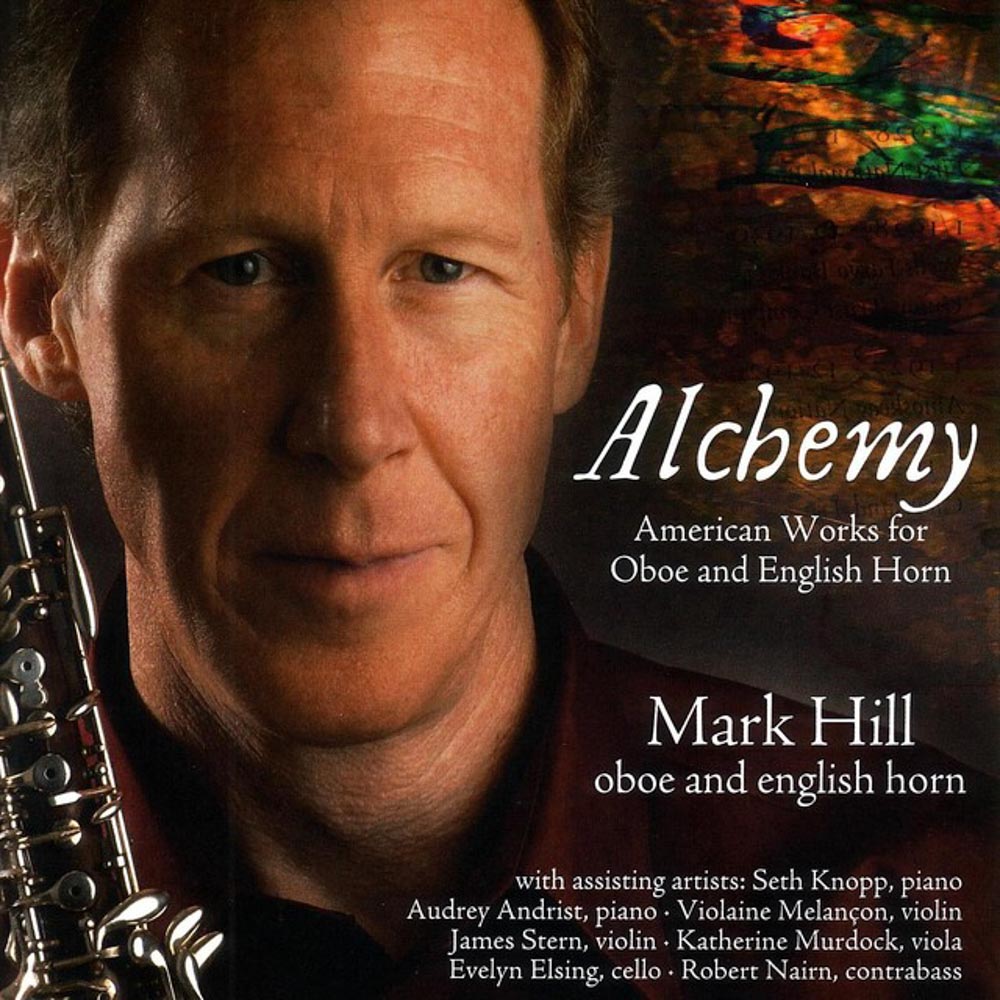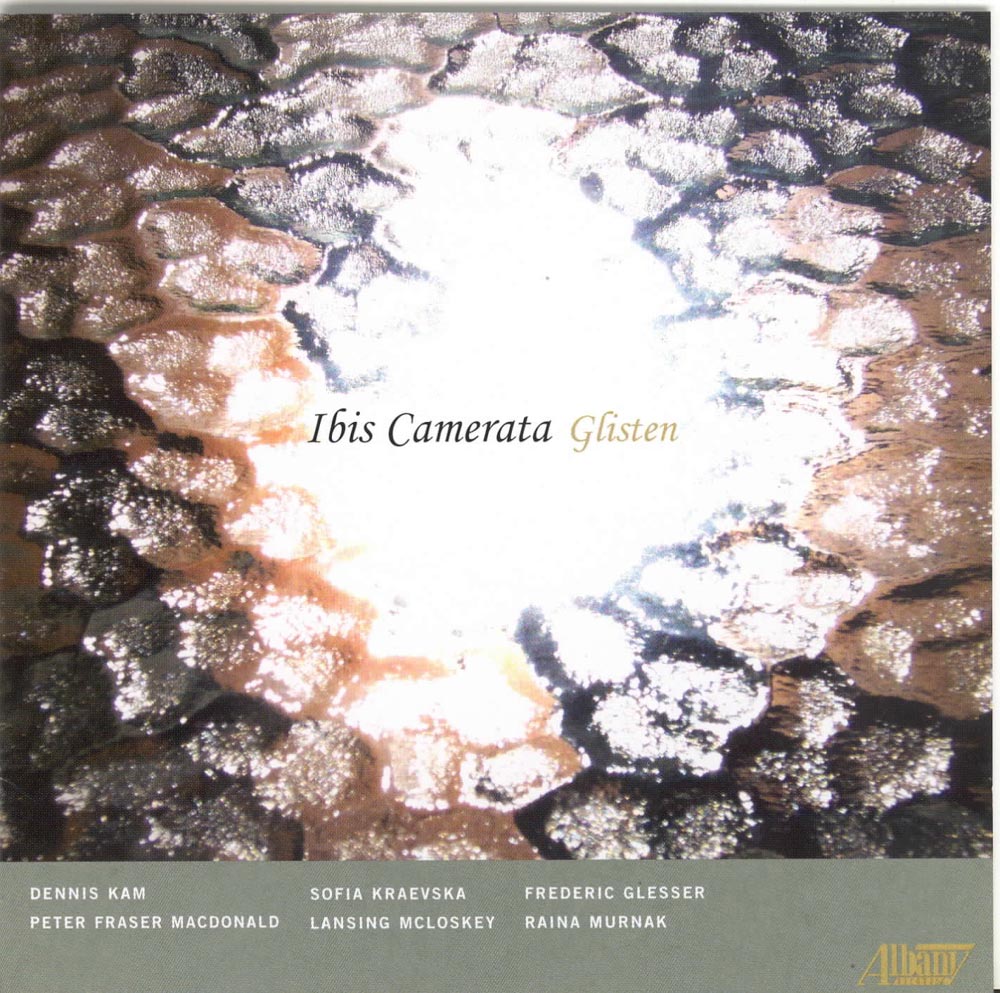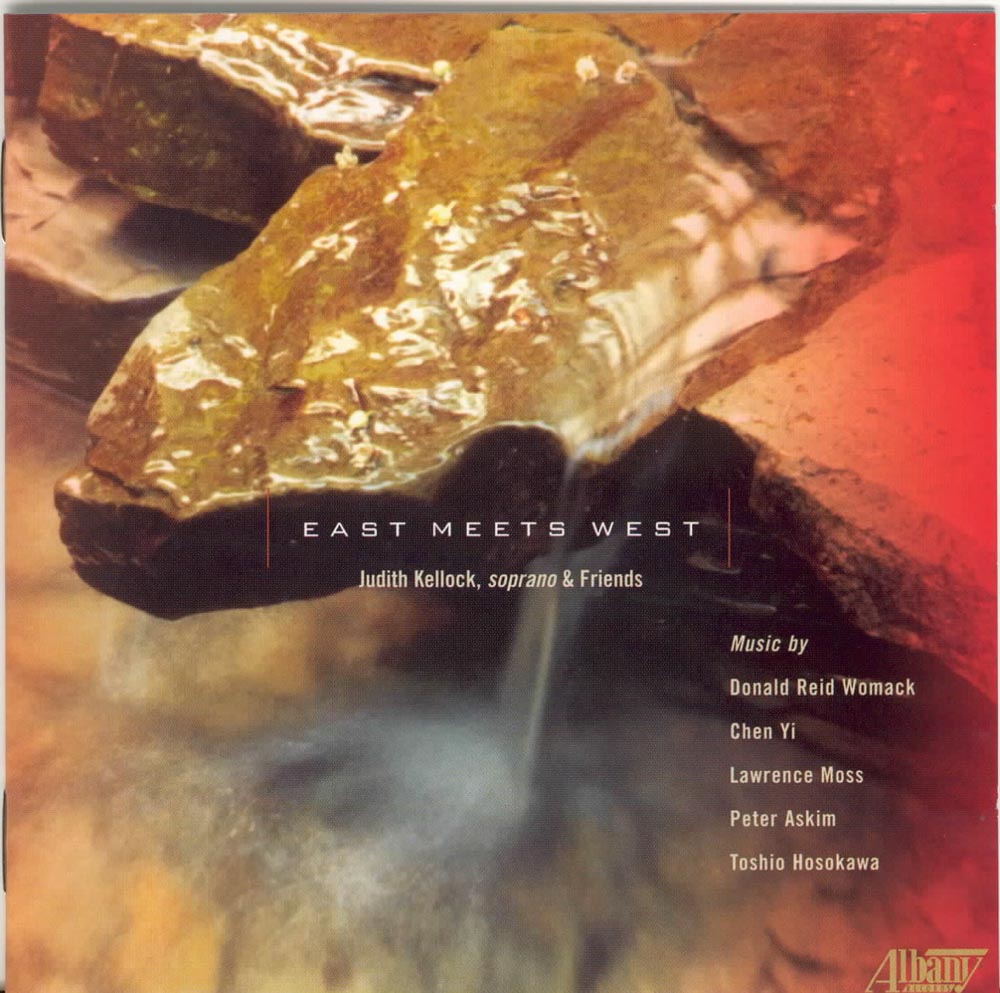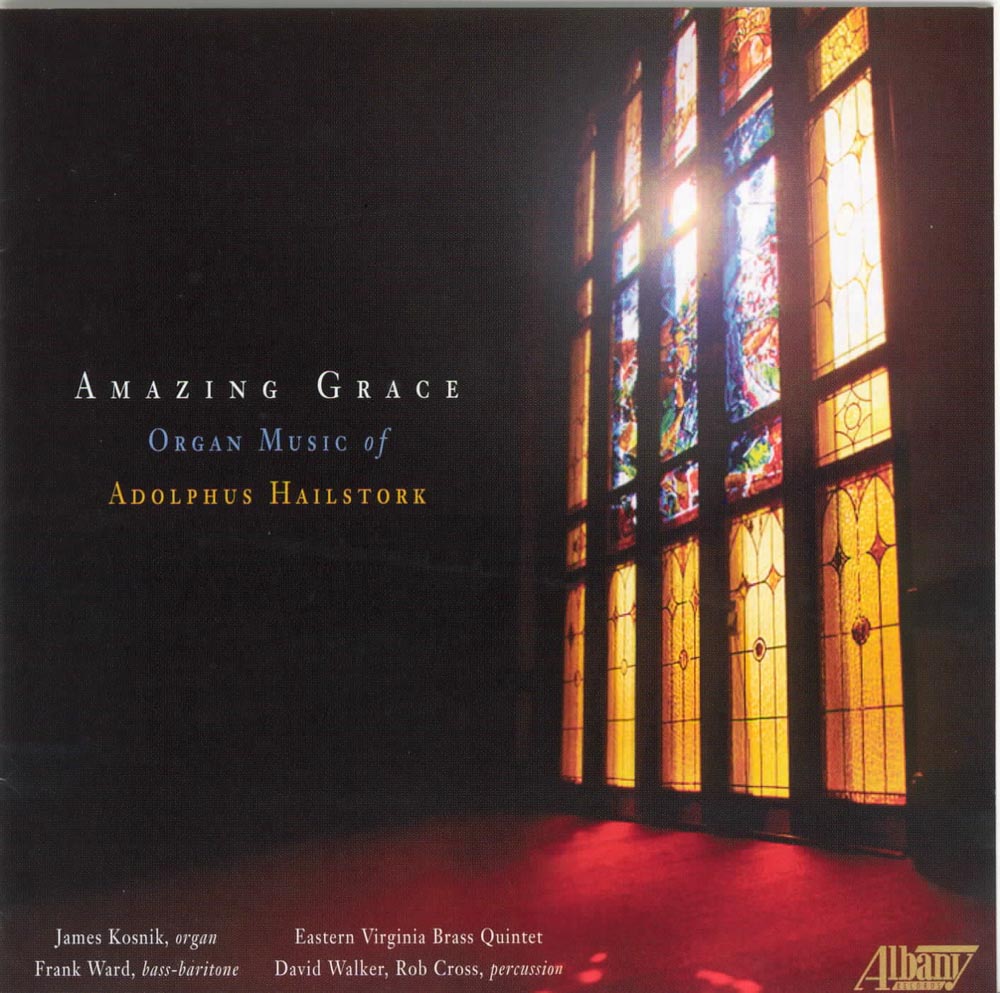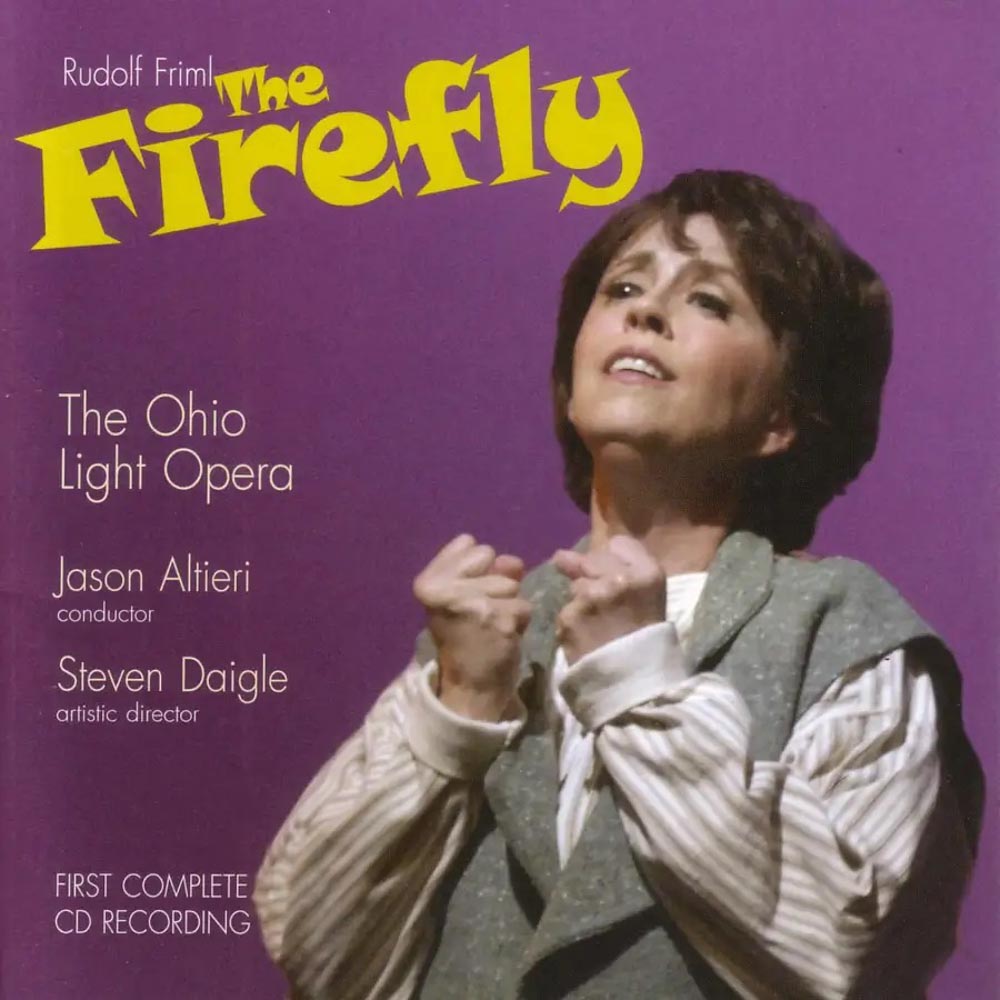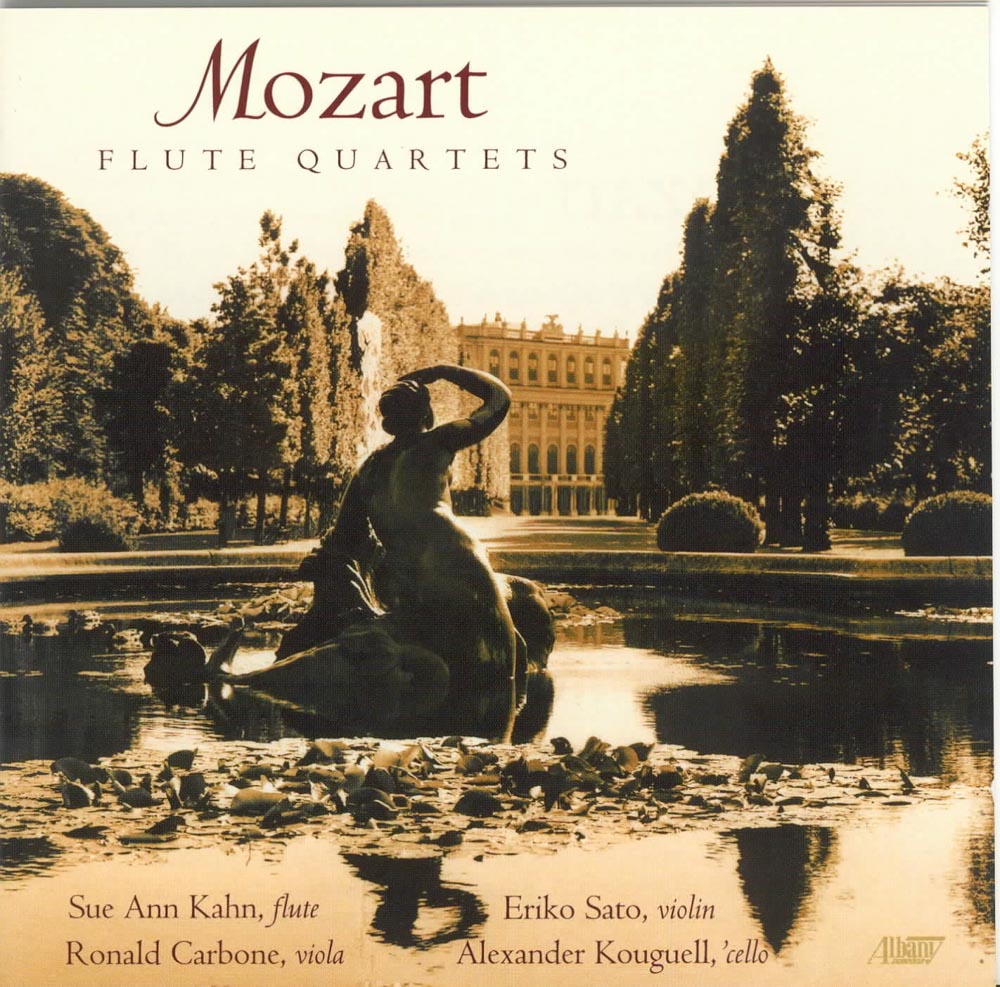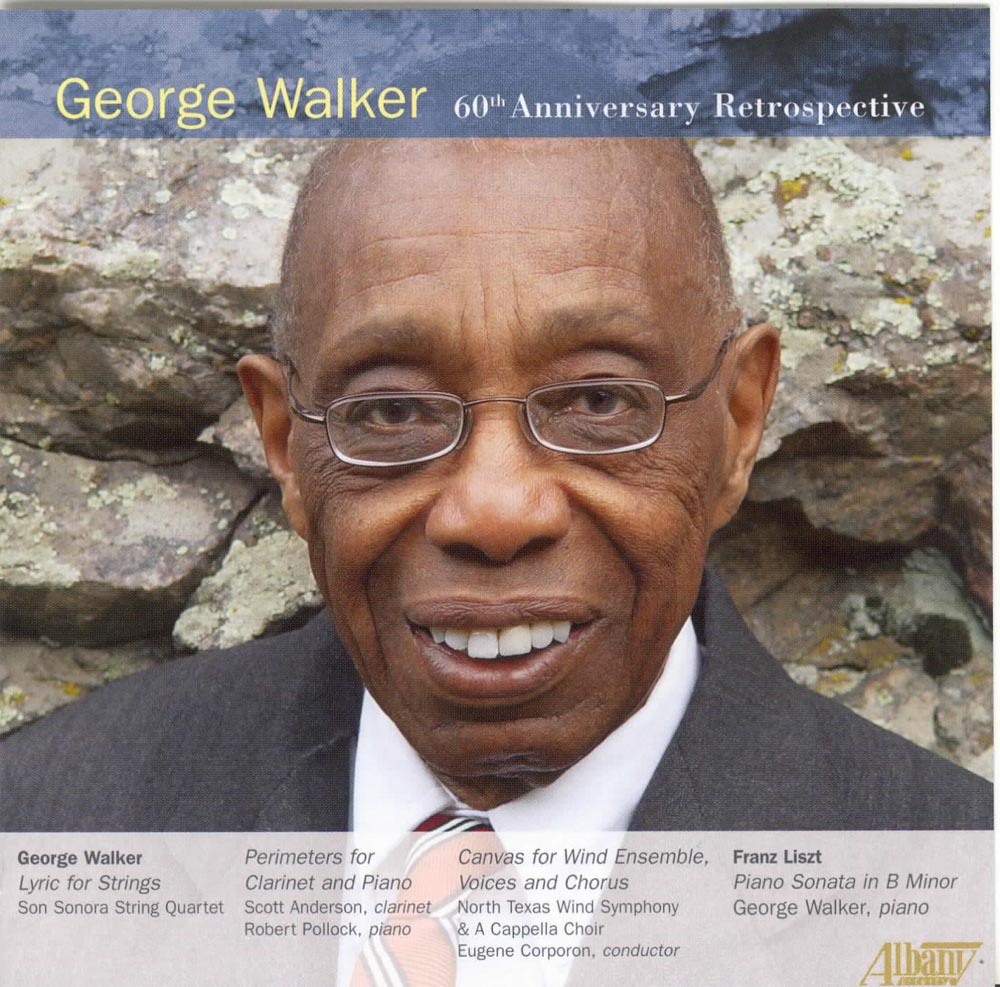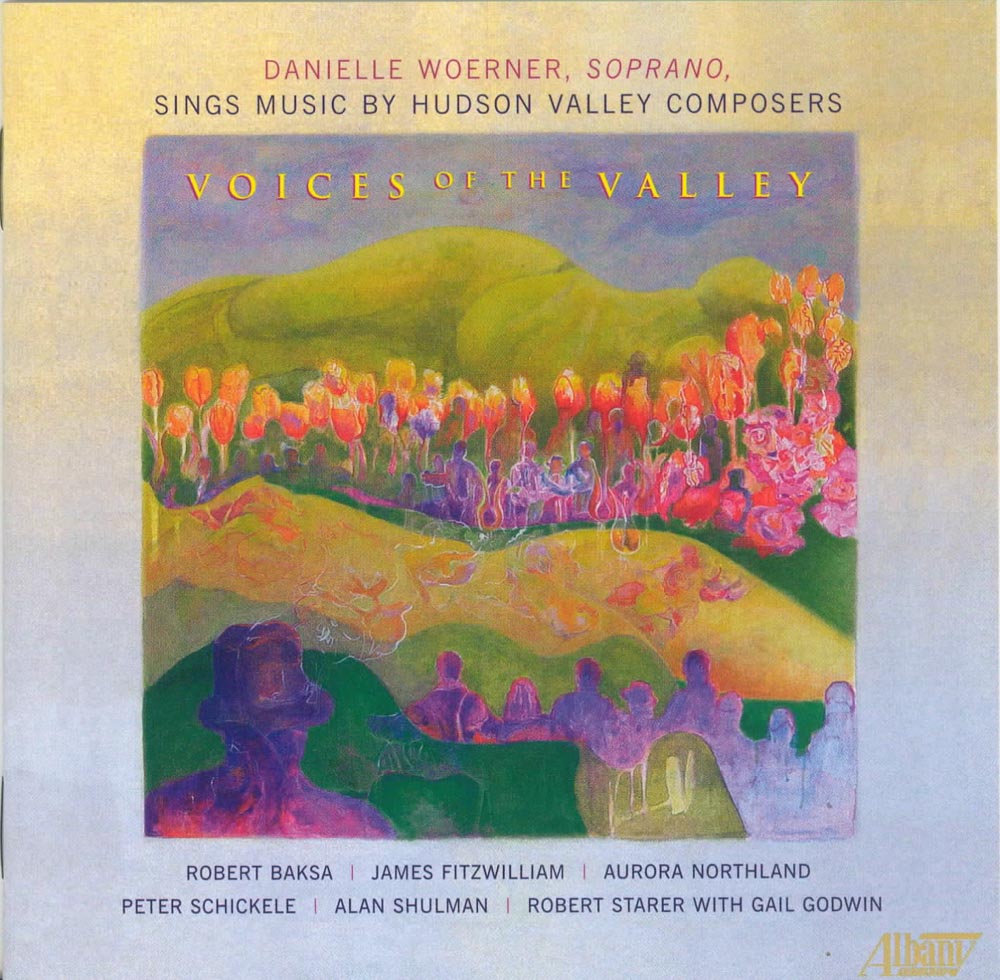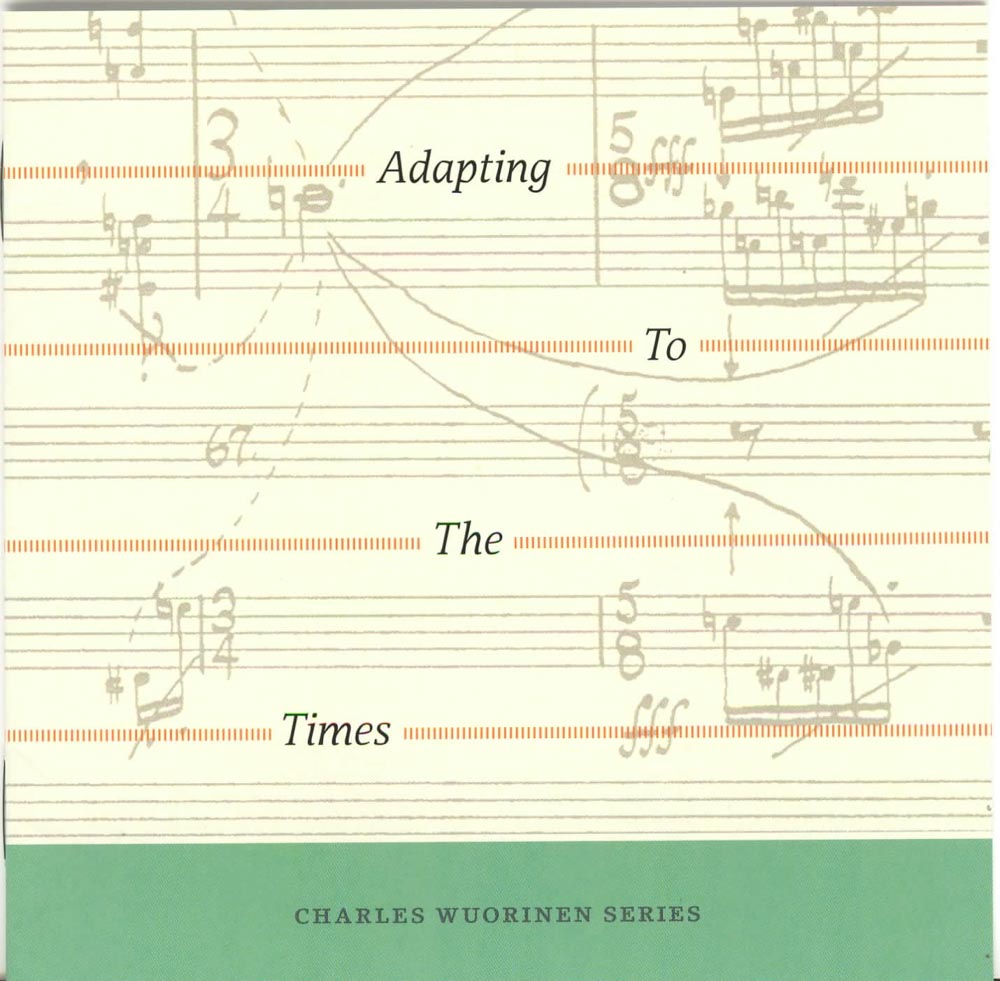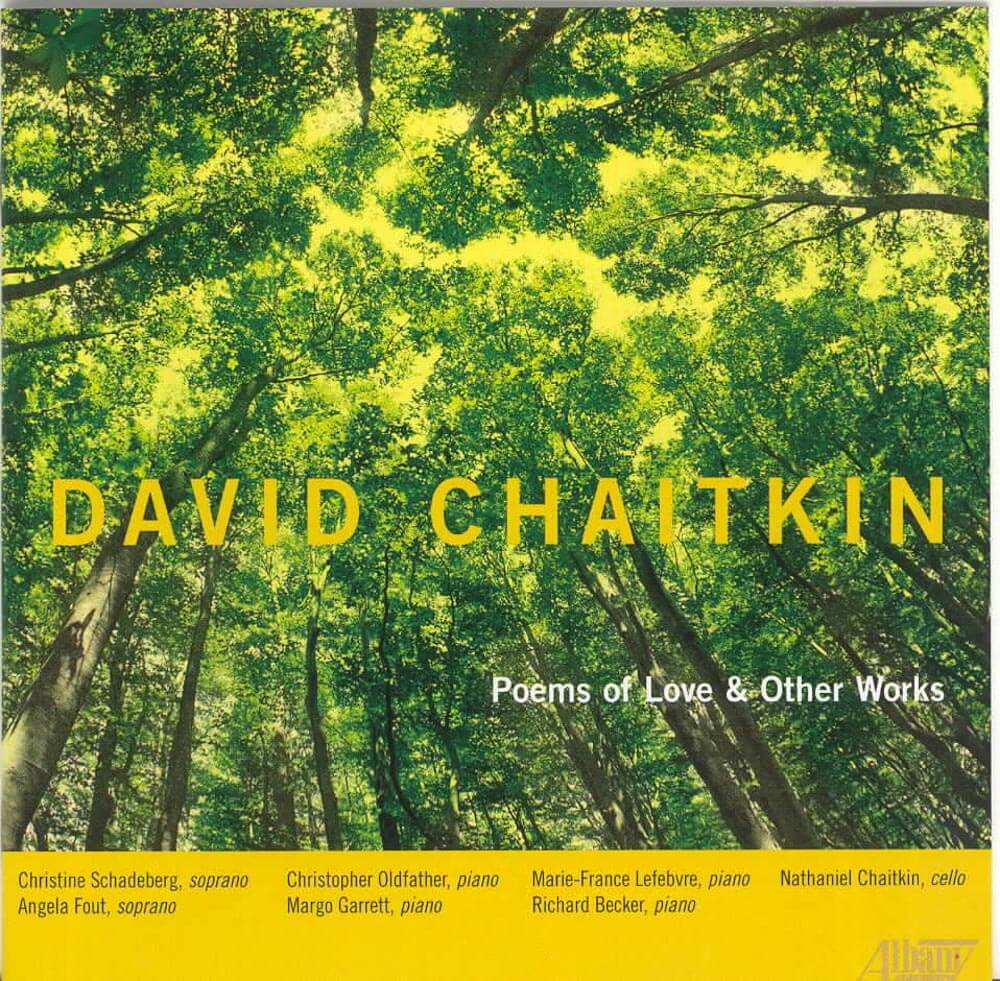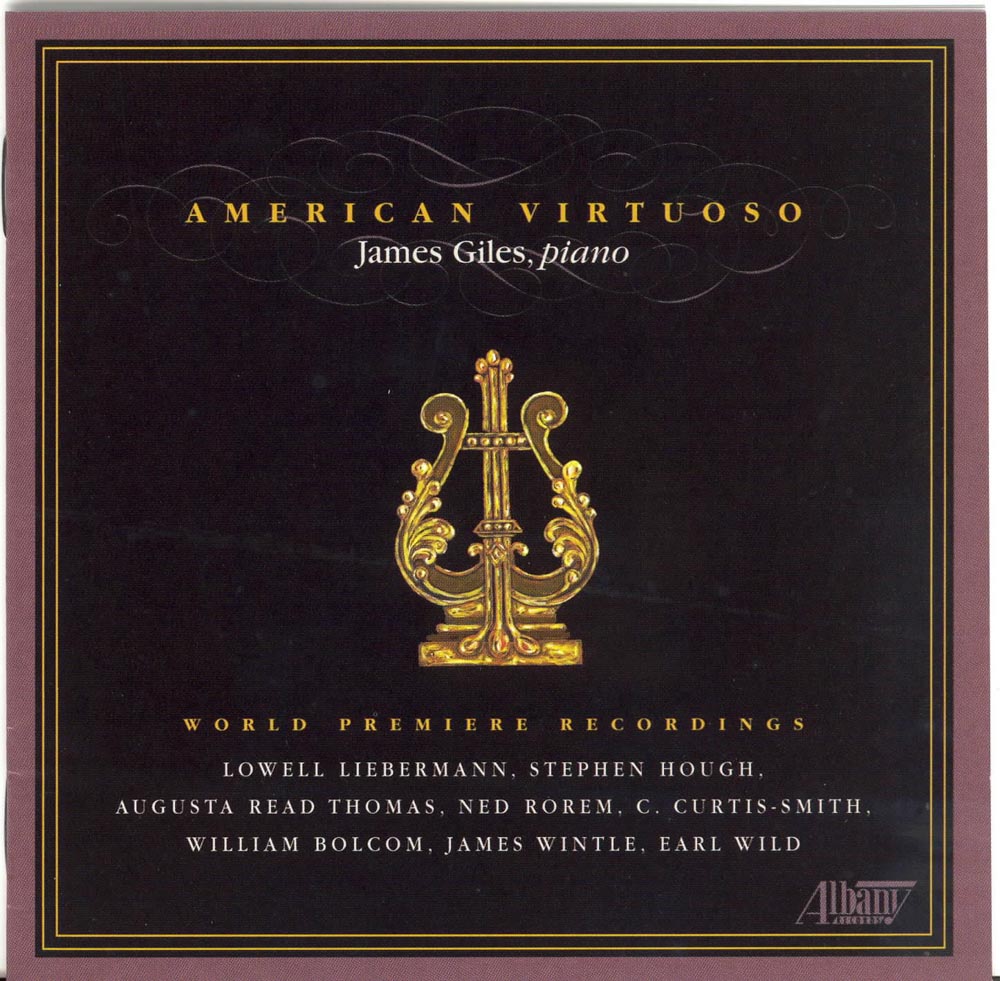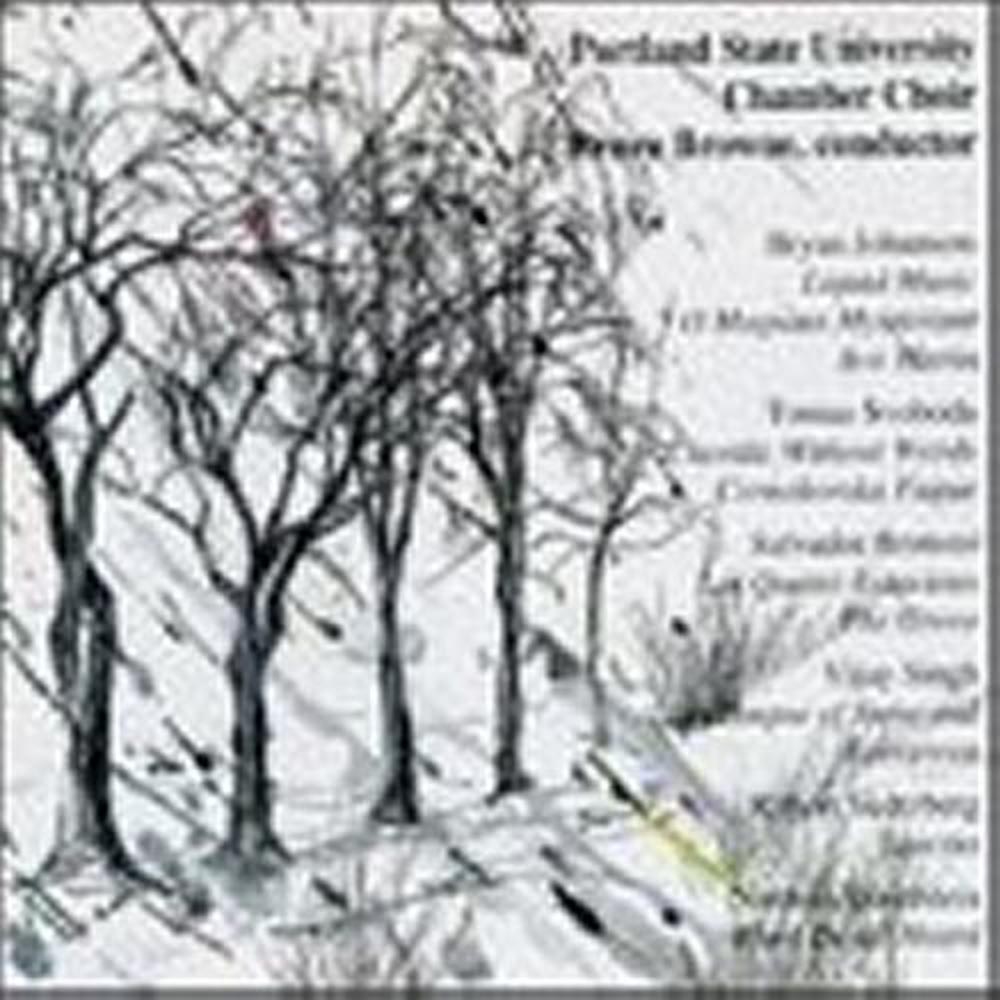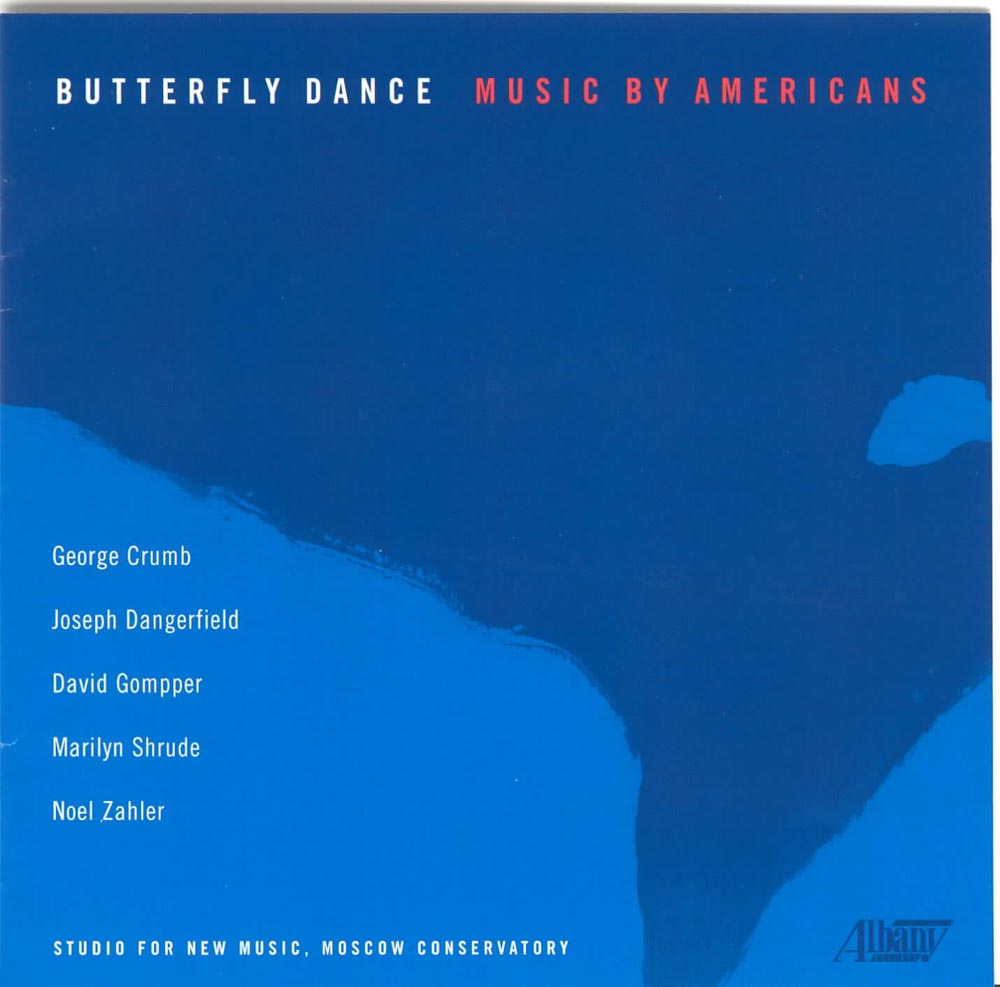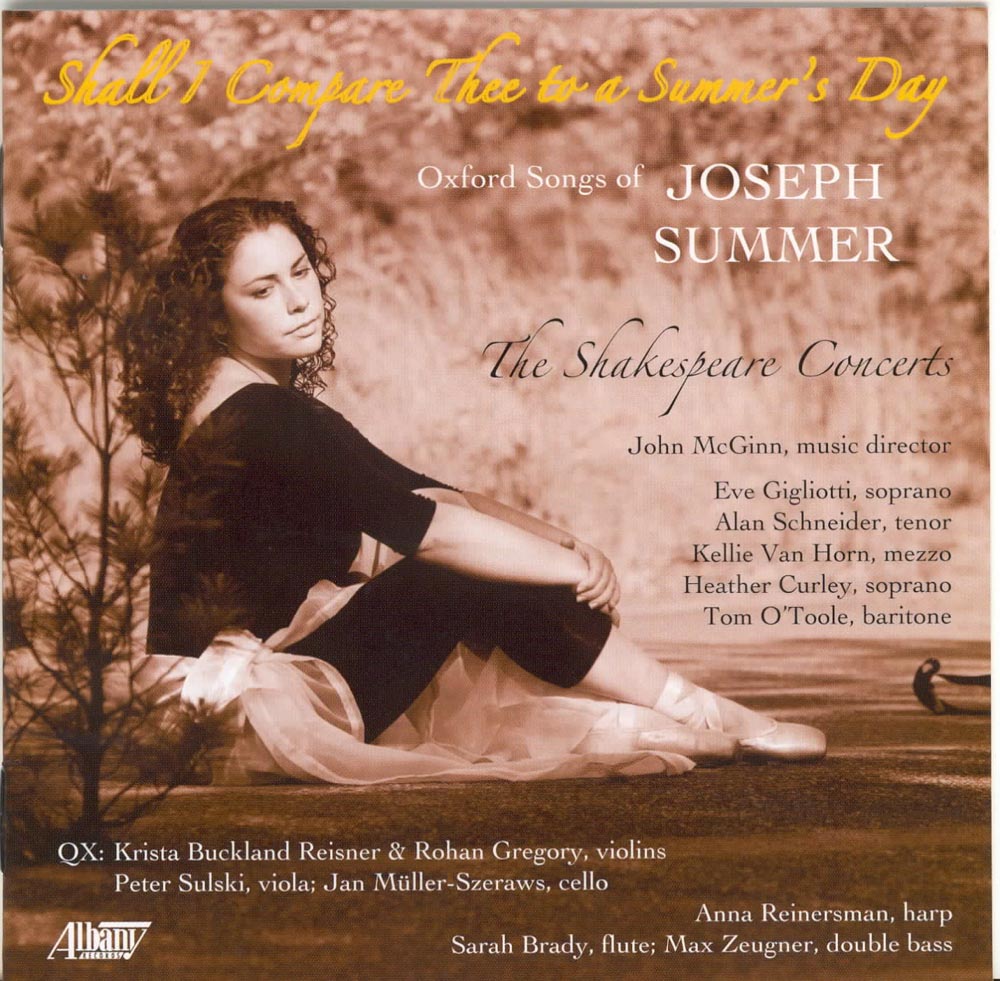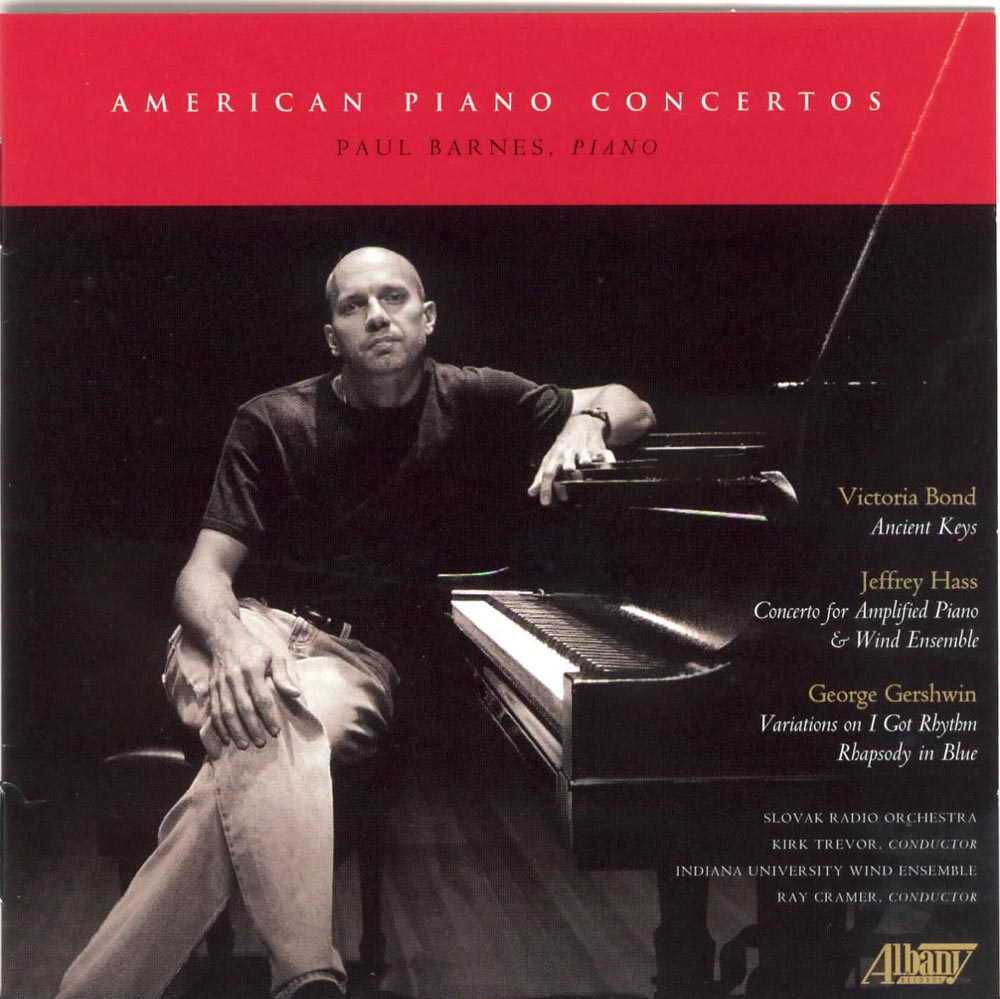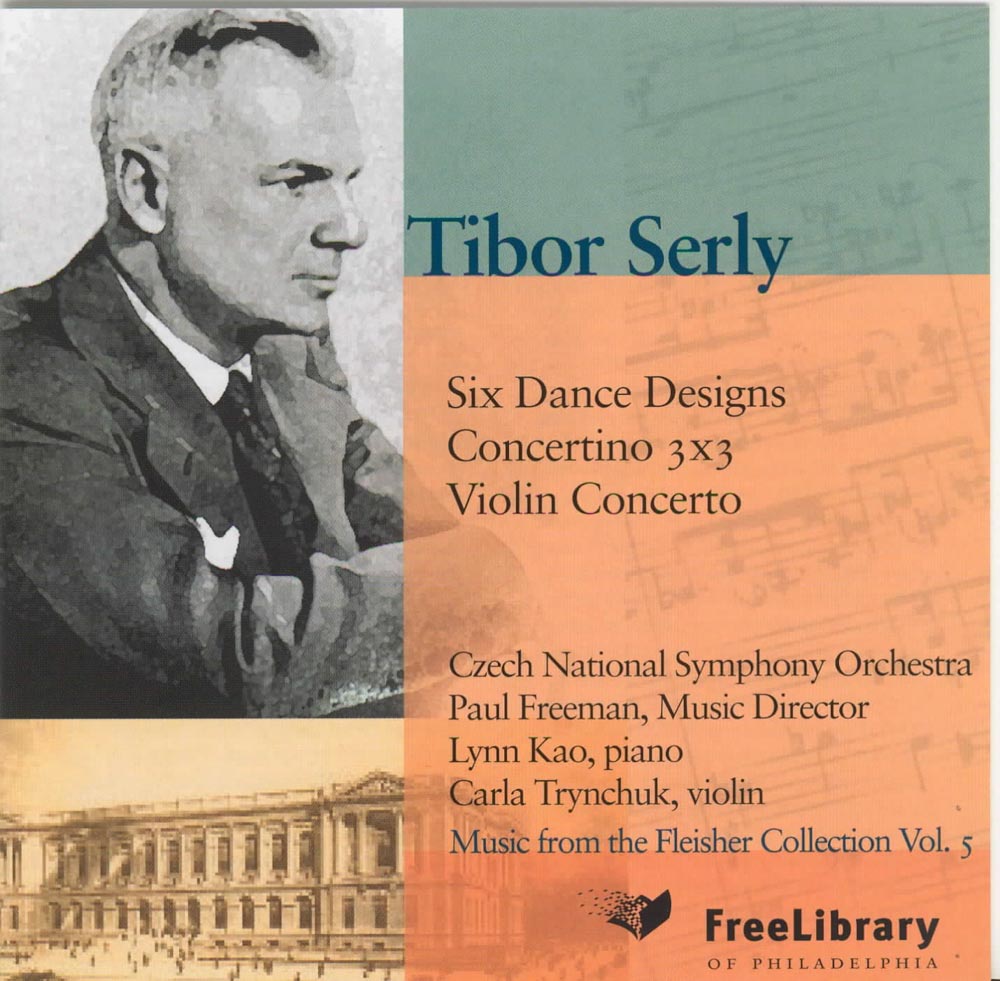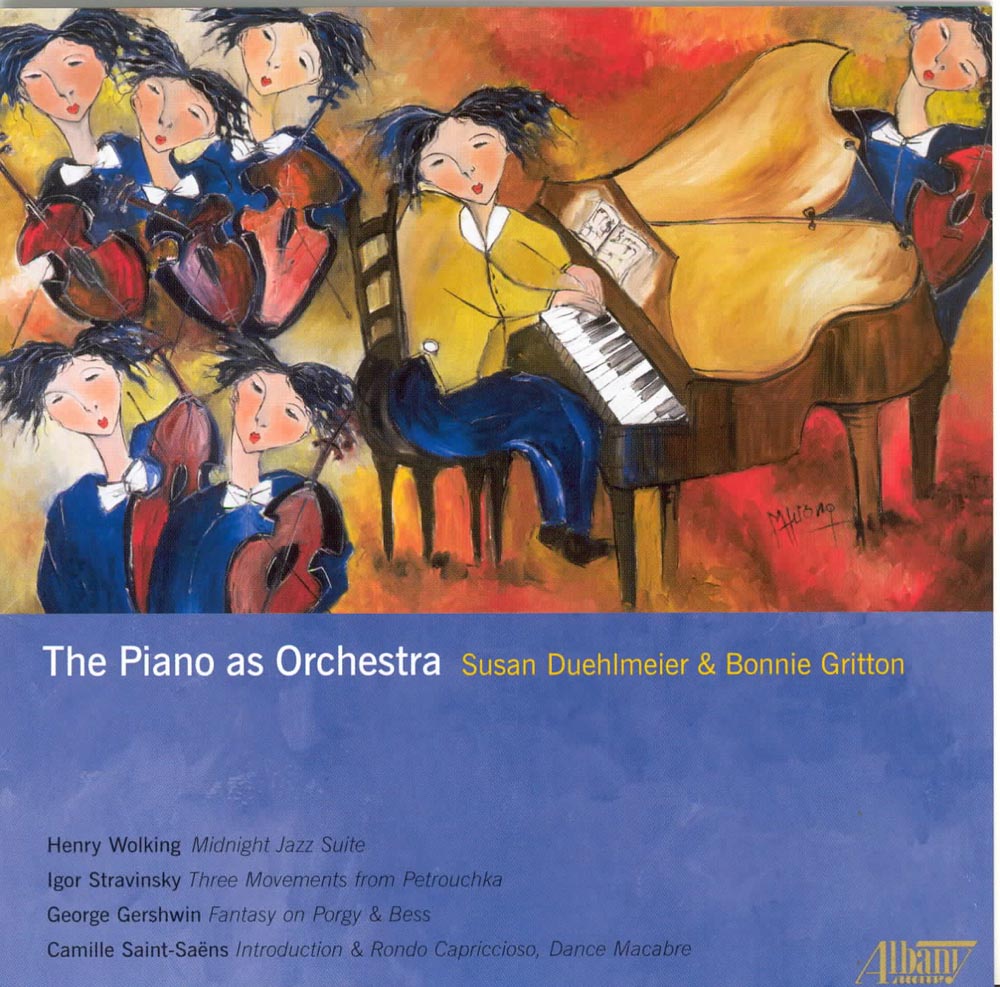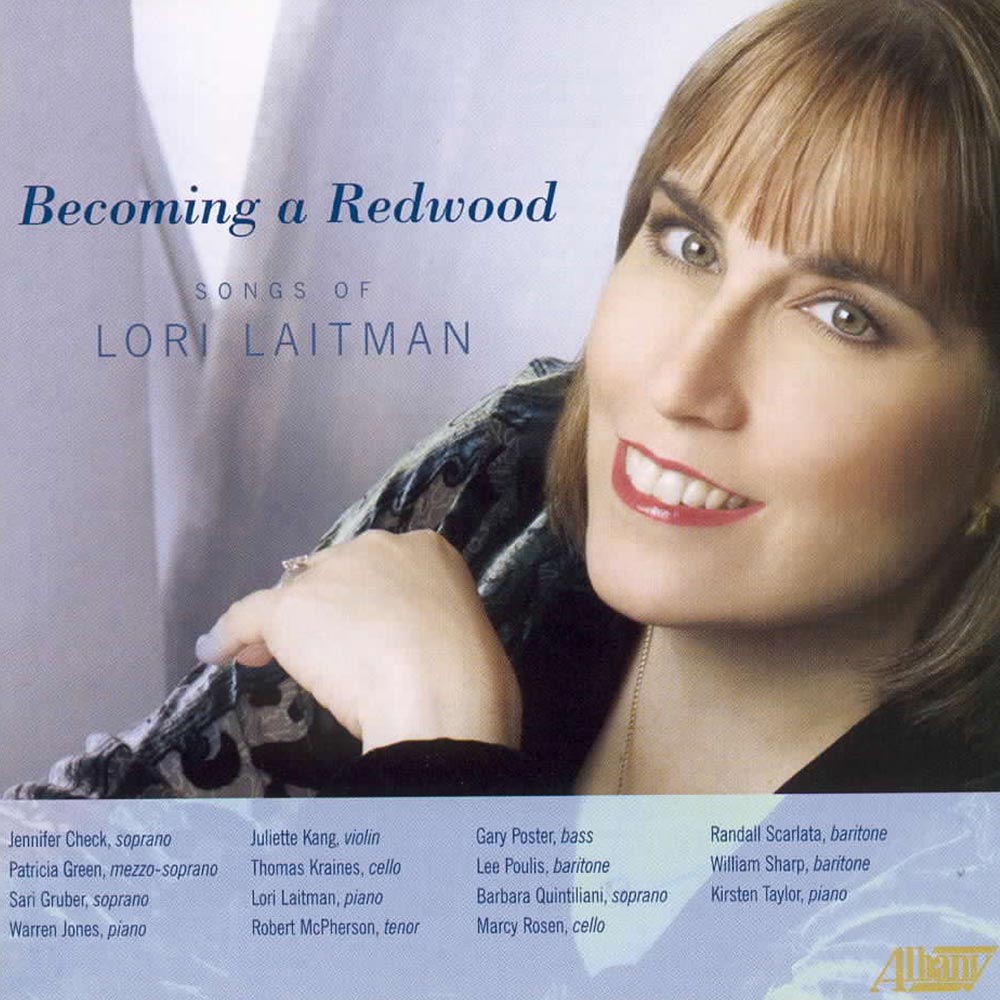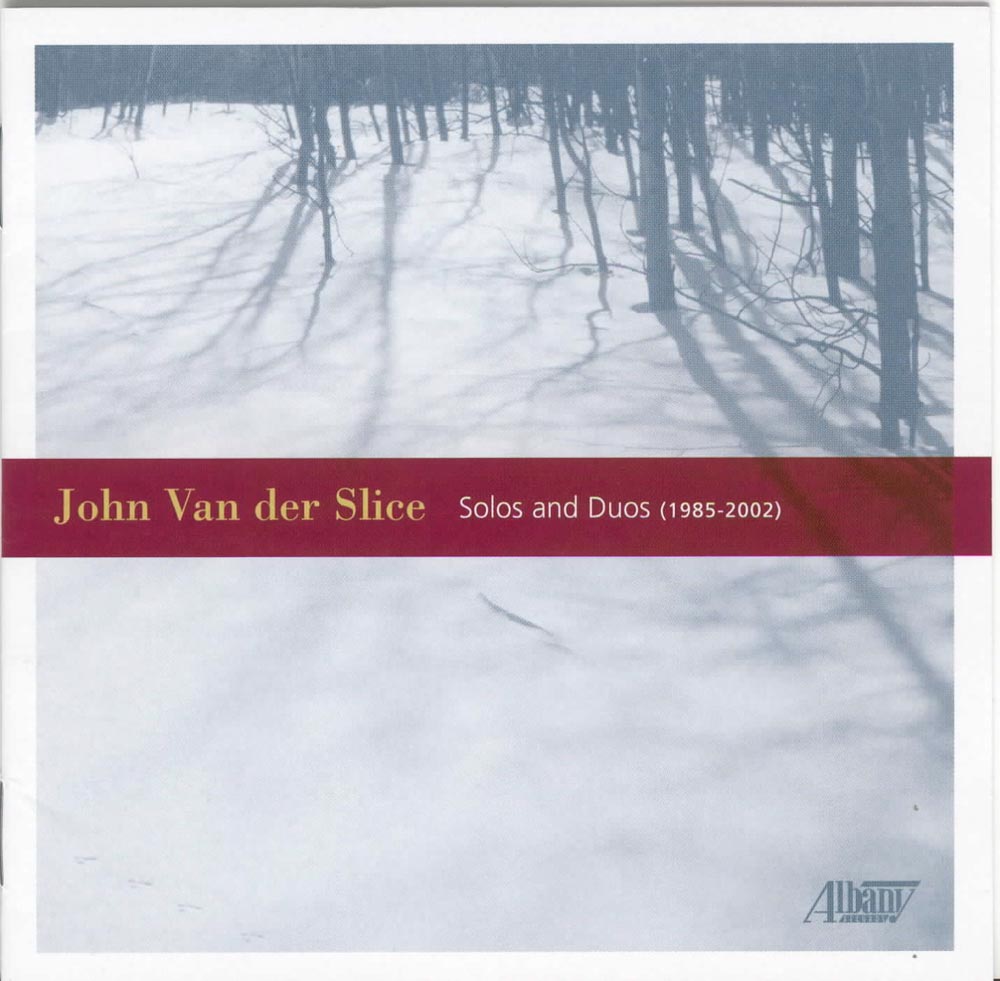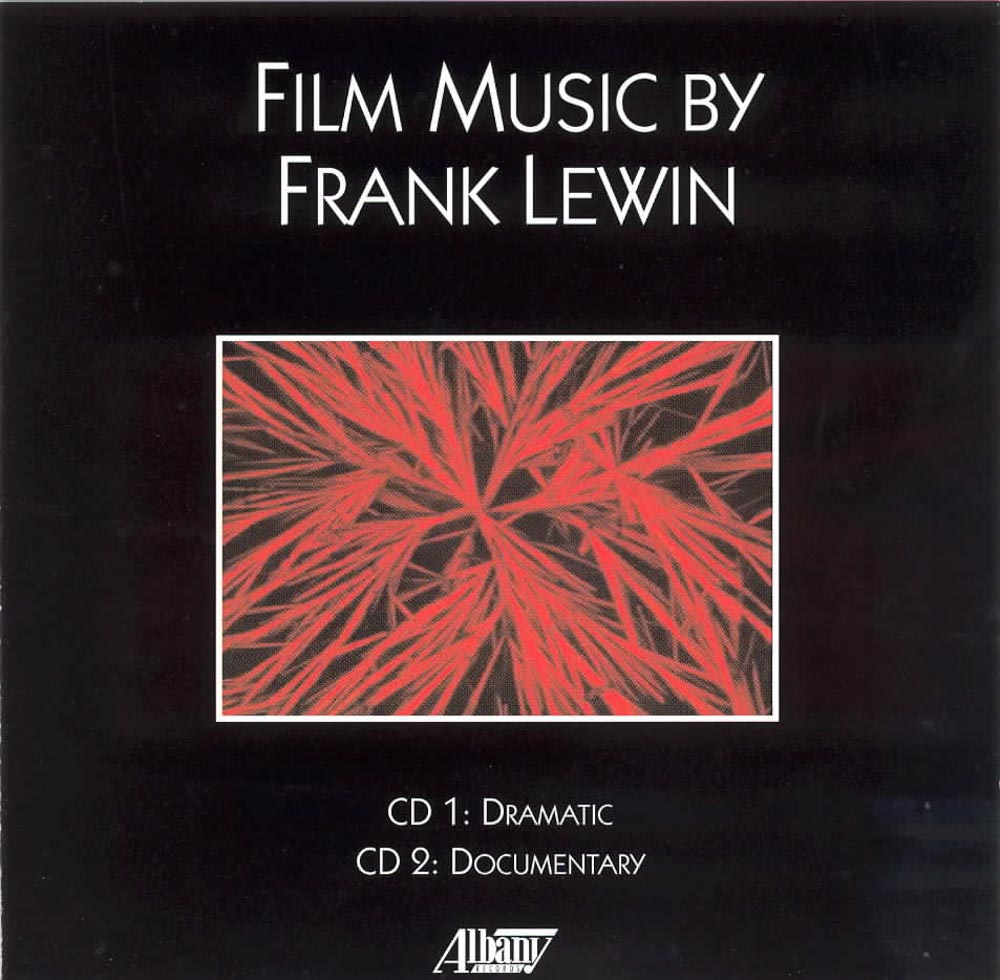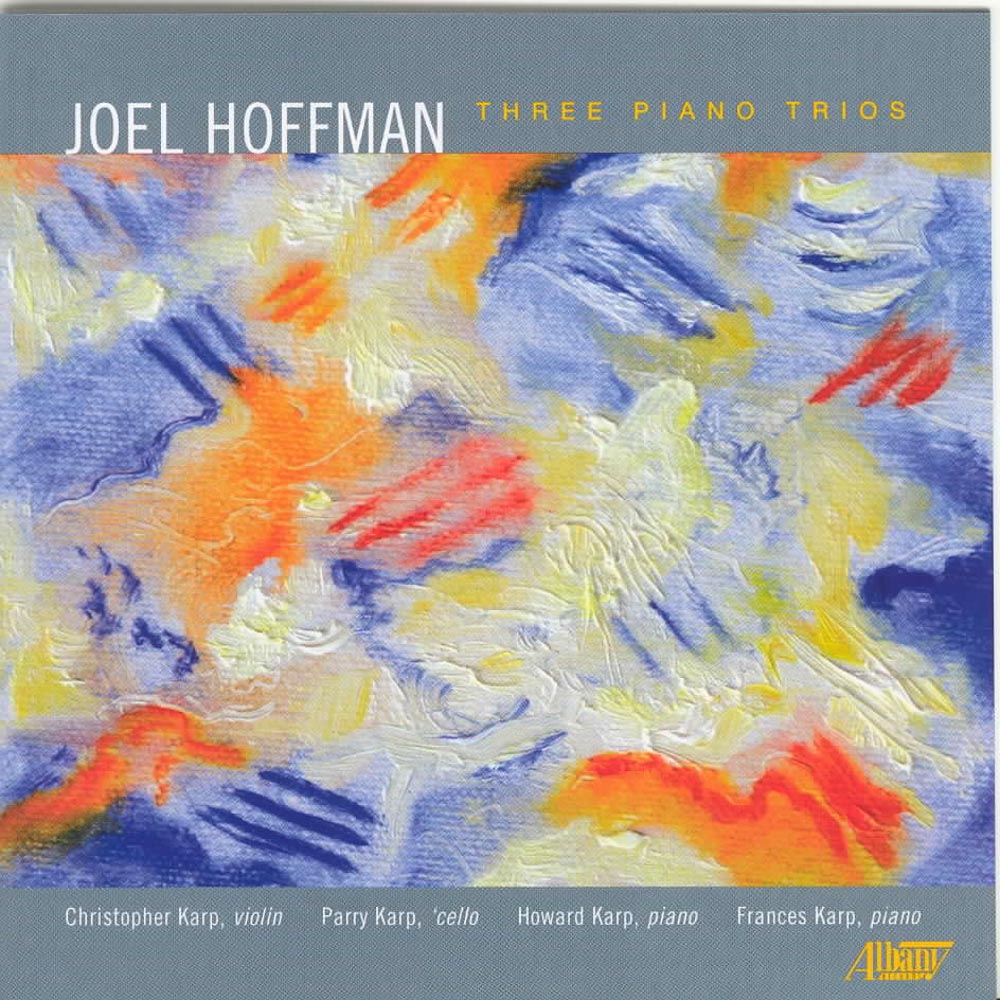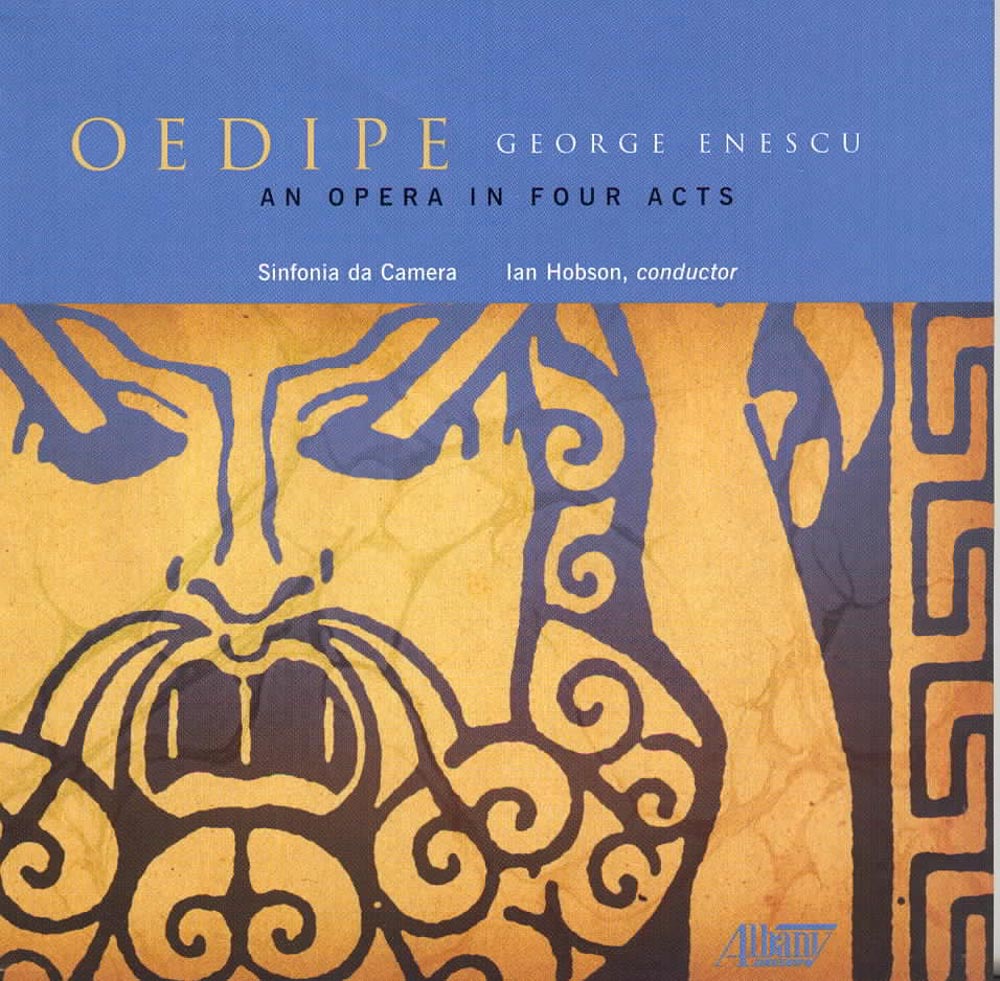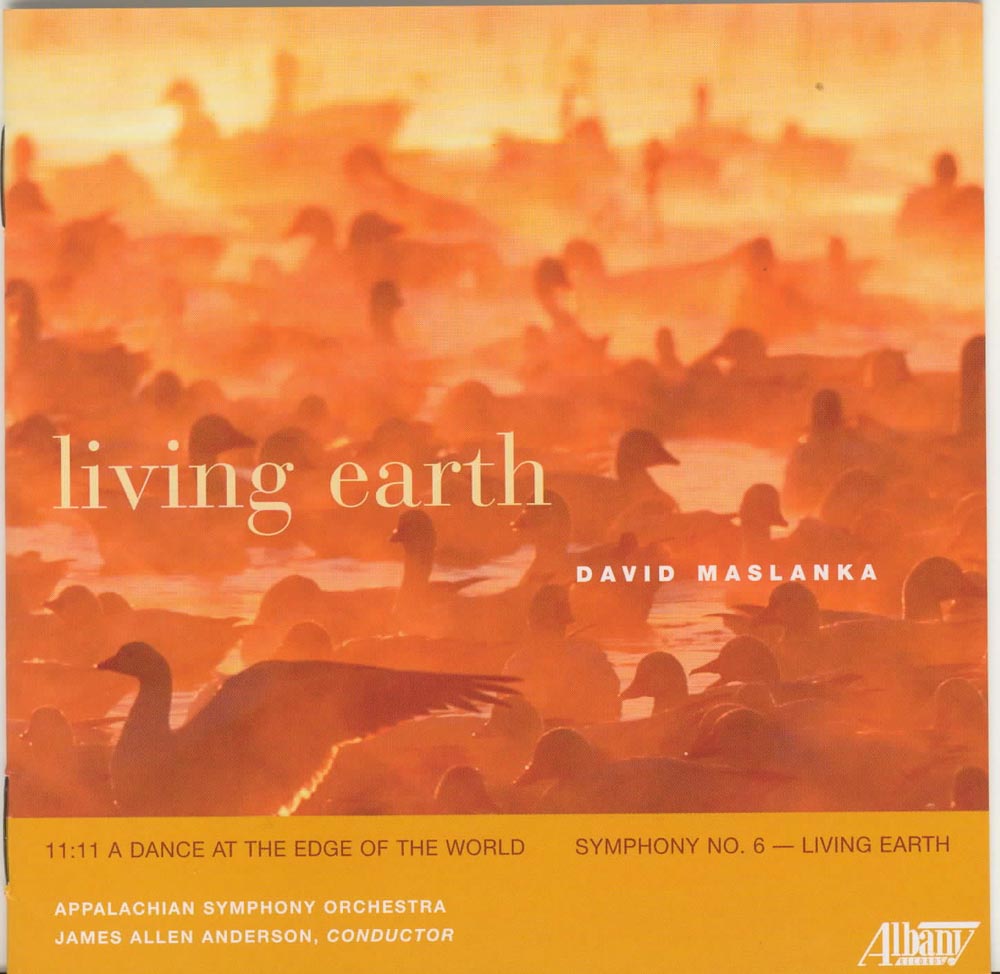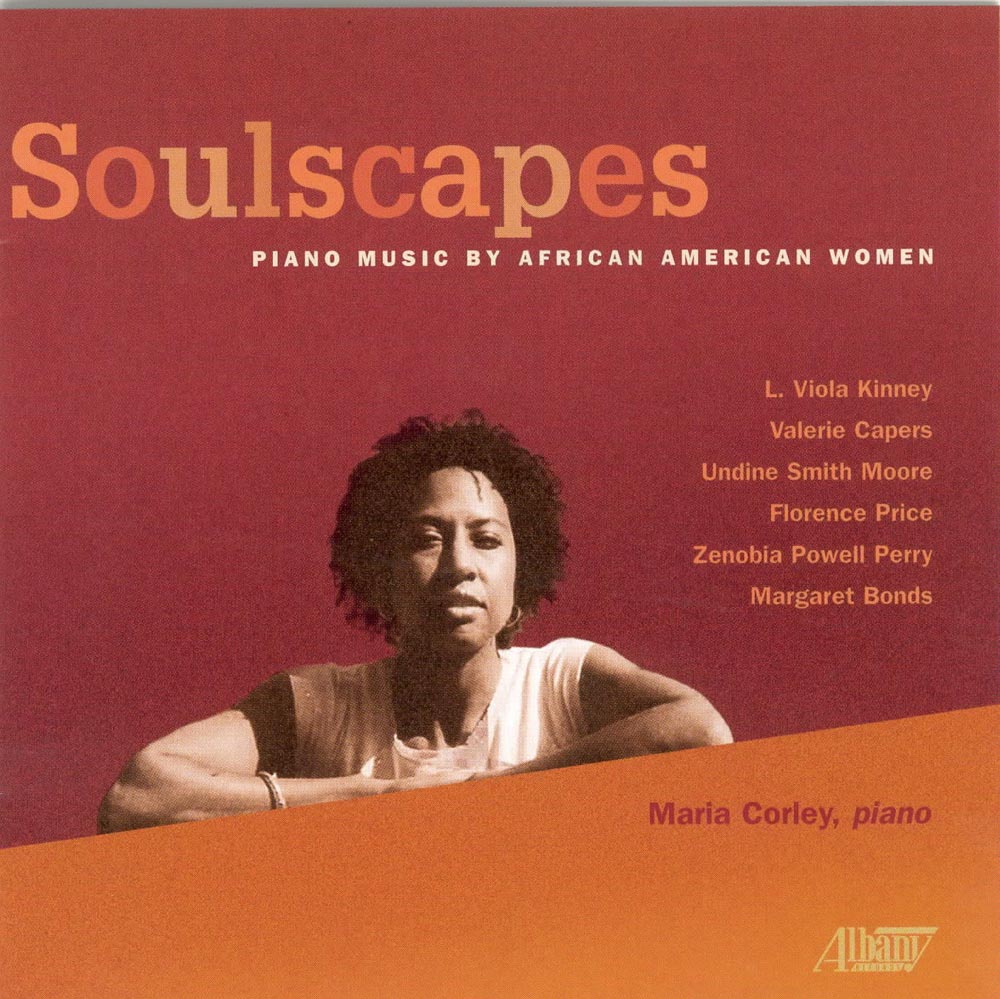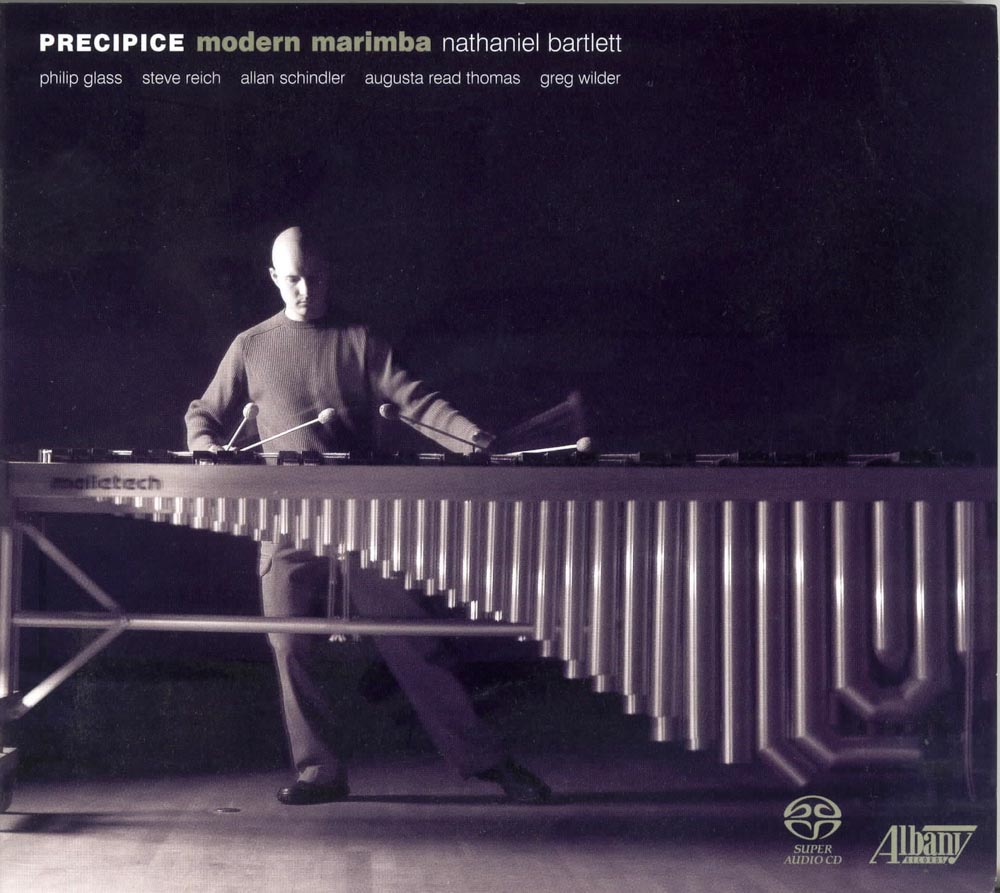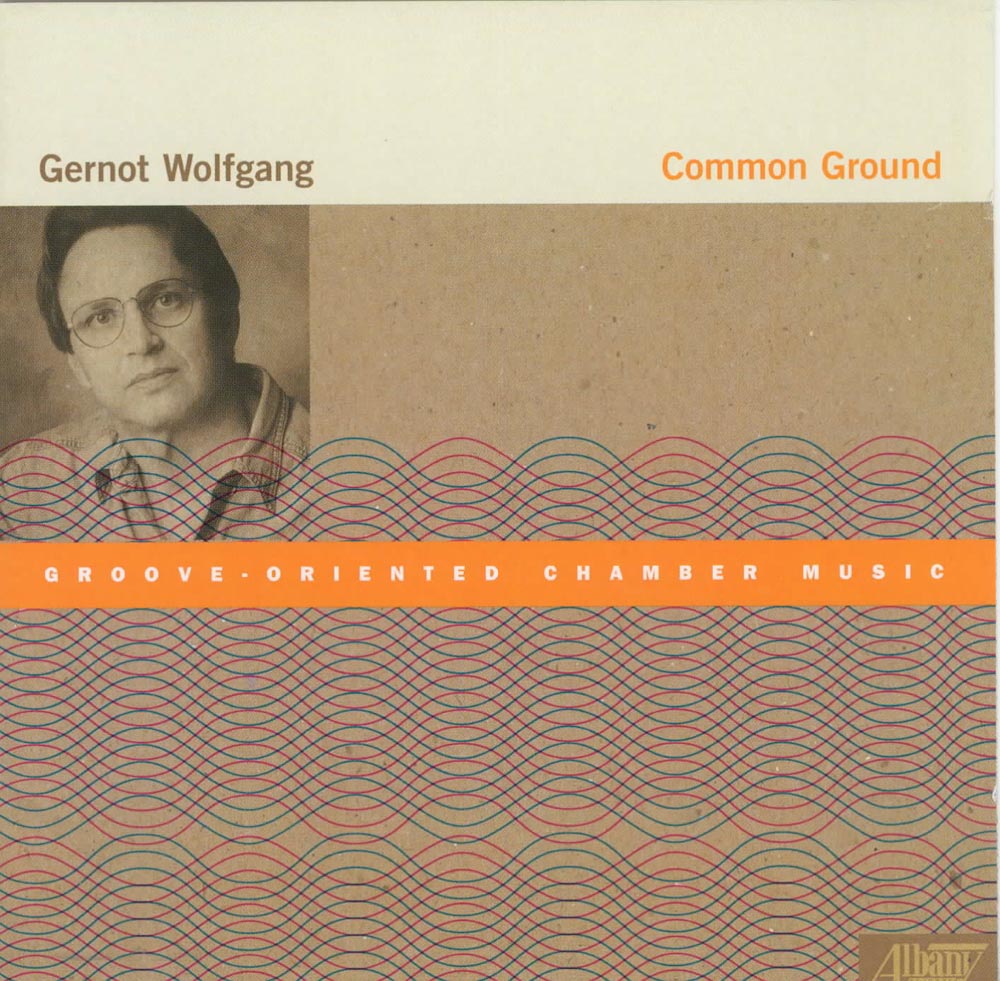Catalog #: TROY0890
Release Date: December 1, 2006InstrumentalIt's fitting that we present a CD of American works for oboe and English horn in various chamber combinations. The song-like quality of these two instruments has made them ideal for expressing long, melancholy musical lines as well as more agitated, pithy statements. Remember how it was virtually mandatory for the slow movement of a mid-20th century American symphony to begin with a deeply introspective melody on the oboe or English horn? These chamber works express a great variety of moods and sounds and diverse, individual styles, all distinctly American. Mark Hill's versatile career has included a broad range of orchestral, chamber and solo performing along with a consistent commitment to teaching. He has performed with the New York Philharmonic, the National Symphony, the Baltimore Symphony, the Orpheus Chamber Orchestra and the Academy of St. Martin-in-the-Fields. He has also performed with the New York Woodwind Quintet, the Aspen Wind Quintet and Chamber Music Northwest, with a concentration on contemporary music such as found on this CD. A pupil of Ronald Roseman and Roger McDonald, Mr. Hill is Associate Professor of Oboe and Chamber Music at the University of Maryland School of Music.
Catalog #: TROY0886
Release Date: December 1, 2006ChamberThe Ibis Camerata was formed in 2001 at the University of Miami's Frost School of Music and is made up of four of the school's most talented and accomplished doctoral graduates. Coming from varied cultural and musical backgrounds, they have been able to combine their unique talents to form one of North America's premier young ensembles. As the group explains, "The idea for this project slowly evolved as a result in our involvement in the musical life of the University's School of Music. Since our formation in 2001, the group has actively performed the works of composers at the University of Miami, most notably those of Dennis Kam, who is the chair of the department of music theory and composition. All of the composers featured on this CD are in some way linked to the University. Dennis Kam, Peter MacDonald and Lansing McLoskey are currently faculty members of the School of Music. Sofia Kraevska and Raina Murnak are graduate students and teaching assistants to Kam, and Frederic Glesser is a former student of Kam. Our ultimate goal was to create a CD that represented the diversity of sounds and variety of styles that have developed from the University of Miami's composition department."
Catalog #: TROY0885
Release Date: December 1, 2006VocalThis unique disc features the artistry of soprano Judith Kellock in works by composers either American-born (Womack, Moss and Askim), or now an American citizen (Chen Yi) or born and active in Japan (Hosokawa). These works show each composer's fascination with Asian culture, primarily that of China and Japan as well as settings of Vietnamese poetry (Askim's Spring Essence). Judith Kellock has been described in the press as "a singer of rare intelligence and vocal splendor, with a voice of indescribable beauty." A primary influence in her musical life was the late Jan DeGaetani, with whom she studied for many years. Ms. Kellock has been featured with the St. Louis Symphony, the Minnesota Orchestra, the Brooklyn Philharmonic, the New World Symphony and many more. Highly acclaimed for her song recitals and chamber music performances, she is also sought after by composers for her interpretation of contemporary music. Ms. Kellock has also sung major operatic roles in Italy and Greece, toured with the Opera Company of Boston and performed with the Mark Morris Dance Company. She serves on the performing faculty of Cornell University, and is much in demand as a master class teacher.
Catalog #: TROY0873
Release Date: December 1, 2006ChamberA student of H. Owen Reed, Vittorio Giannini and David Diamond, Adolphus Hailstork has written numerous works for chorus, solo voice, various chamber ensembles, band and orchestra (his Symphony No. 1 can be heard on Albany TROY104 and works for chorus can be heard on TROY156). Significant performances by major orchestras (Philadelphia, Chicago and New York) have been conducted by leading names such as James dePriest, Lorin Maazel, Daniel Barenboim and Kurt Masur. Dr. Hailstork resides in Virginia Beach, Virginia and is Eminent Scholar and Professor of Music at Old Dominion University in Norfolk, Virginia. He also has a connection to our area in upstate New York; he writes, "I began taking organ lessons in the 1950s as a member of the boy's and men's choir of the Episcopal Cathedral of All Saints in Albany, New York. During my last two years in high school I served as the organist/choir director during the summer. Several decades later I returned to the instrument as organist/choir director at the Unitarian Church of Norfolk, Virginia. In the 1990s I also resumed organ lessons with Dr. James Kosnik (the soloist on this CD), a colleague of mine on the faculty of Old Dominion University. I have written several works for my own service use at the Unitarian Church and for concert use for advanced performers such as Dr. Kosnik."
Catalog #: TROY0891-92
Release Date: November 1, 2006OperaThe Firefly was the first of Friml's Broadway successes, a list that also includes High Jinks (1913), Rose Marie (1924), and The Three Musketeers (1928). Otto Harbach's libretto for The Firefly was originally intended to have music by Victor Herbert as a star vehicle for soprano Emma Trentini, but the two had an artistic falling-out, so impresario Arthur Hammerstein turned to the young Rudolf Friml, who responded with a bright and melodious score that included Giannina mia, Kiss Me, and Sympathy. At the December 2, 1912 premiere, the New York Times noted that encores were demanded for nearly every number and extolled Trentini as a "live wire...who as the Firefly proved herself a whole pyrotechnical show." Friml peaked in the 1920s and did not adapt to the changing musical theatre modes. But he remained a vigorous personality through most of the last century and died in 1972. For more than 25 years, the Ohio Light Opera has been dedicated to producing, promoting and preserving the best of the traditional operetta repertoire. These shows offer the operetta fan a little of everything: both well-known and lesser-known Gilbert and Sullivan, operettas by French, Viennese and American composers, and revivals such as The Firefly. This set includes Friml's complete musical score and most of the spoken dialogue from the 2006 production and will hopefully give the operetta aficionado a good taste of what makes this company unique.
Catalog #: TROY0888
Release Date: November 1, 2006OrchestralThroughout his composing career Don Gillis's avowed goal was "to reach the people." And for him the surest way to do that was with "melodies that they could sing and tunes that even kids could whistle in Waxahachie or Dubuque." Born in rural Missouri, Gillis hailed from the same heartland as Virgil Thomson and Roy Harris. While still a teenager, he moved with his Depression-wracked family to Texas and it is with that iconic prairie land of cowboys and oilmen that he and his music are most often associated, thanks to works like Portrait of a Frontier Town, The Alamo and the ballet Shindig. A graduate of Texas Christian University and the North Texas State Teachers College, he pursued music with a vengeance, conducting, performing, arranging, instructing and cobbling ensembles together. Although the highlight of his professional career was producer of Arturo Toscanini's NBC broadcasts for ten years, he labored zealously at the great constant of his life, composing, with the three aspects of his personal credo - love of country, love of God, love of a good laugh - shining through piece after piece in his large output of works. This is especially true of his Symphonies. And it rings out loud and clear in the three comprising this CD - Symphonies 1 and 2, never commercially recorded before, and that bubble burst of orchestral mirth, Symphony No. 5 1/2, his best-known composition.
Catalog #: TROY0884
Release Date: November 1, 2006ChamberThroughout her career, flutist Sue Ann Kahn has been acclaimed for her virtuosic and sensitive performances of music of all periods. She was honored with one of the first Solo Recitalist Fellowships from the National Endowment of the Arts in recognition of her outstanding gifts as a flutist and received the American New Music Consortium Award for distinguished performances of contemporary music. She is a member of the Jubal Trio, the League ISCM Chamber Players and other ensembles. Ms. Kahn has received consistent praise for her solo and chamber music recordings (her highly popular disc of music of Jacques Ibert, Jacques Around the Clock, is on Albany TROY145). Formerly Professor of Music at Bennington College, Ms. Kahn teaches flute and chamber music at Mannes College of Music, at New York University, and in the Music Performance Program at Columbia University, and gives master classes and recitals nationwide. She has served as President of the National Flute Association, and has been consistently active as an advocate for the flute and its music.
Catalog #: TROY0880
Release Date: November 1, 2006ChamberIn 1945 George Walker became the first black graduate of the renowned Curtis Institute of Music. The centerpiece of his graduation recital was the Liszt Sonata in b-minor, newly recorded here as an anniversary celebration. Along with this work are representative examples of Walker's art as a highly expressive, original composer who writes in a "tough," sinewy modern style but whose works reveal a distinct, American lyricism. George Theophilus Walker was born in Washington. His early years were notable for his performances in New York's Town Hall, and his appearances with Eugene Ormandy and the Philadelphia Orchestra in the Rachmaninov Piano Concerto No. 3. His first composition, the String Quartet No. 1, appeared in 1946 and the second movement, Lyric for Strings, is performed on this new CD. Walker has composed over 90 works for orchestra, chamber orchestra, piano, strings, voice and solo instruments. In 1996 he was the first black recipient of the Pulitzer Prize for Music for Lilacs, for Voice and Orchestra. Walker is a true American treasure, and we are proud to release this latest disc in a series devoted to his compositions and performances from the piano repertoire (these can be heard on TROY 117, 136, 154, 252, 270, 411, 523 and 697).
Catalog #: TROY0877
Release Date: November 1, 2006VocalThis recording project began with a concert in October 2000 at SUNY Ulster in Stone Ridge, New York, a community college with a vision. Larry Berk, then director of its library and information services, had recently created an Artist in Residence Program, with the support of the Ulster Foundation, to leaven the practical course offerings typical of most community colleges with a healthy dash of inspiration from working artists. Soprano Danielle Woerner was the resident artist for the fall of 2000, and designed a program for students of varying ages, backgrounds and experience. The residency required one major public presentation, and the concert of October 2000 featured some of her favorite Hudson Valley composers. Some of the music had an extra Hudson Valley flavor: words by Woodstock writers Pearl Bond and Gail Goodwin. Nearly all of the composers took part in the musical preparation and several participated as performers in both concert and on this CD. Since the project began, both Alan Shulman and Robert Starer have passed on, adding some additional poignancy to the presentation. Soprano Danielle Woerner is acclaimed for her performances of concert and operatic repertoire ranging from early Baroque to modern works. While maintaining active professional ties to New York City, she has lived in the mid-Hudson Valley. An alumna of Barnard and Bard Colleges, she counts among her most influential singing mentors Nora Bosler, Martha Gerhart and Bethany Beardslee Winham.
Catalog #: TROY0874
Release Date: November 1, 2006ElectronicJust intonation: A tuning system having intervals that are acoustically pure; all intervals are represented by ratios of whole numbers. Lydia Ayers composes with unlimited just intonation in Csound and with 75-tone Indian/Partch scale on the "Woodstock Gamelan," a tubular percussion instrument built to her specifications by Woodstock Percussion. She has modeled the Woodstock Gamelan and other gamelan instruments using Csound, and authored Cooking with Csound: Woodwind and Brass Recipes, a CD-ROM package which gives wavetable synthesis design for wind instruments. The music on this CD is inspired by the works of Harry Partch and Lou Harrison, the antics of the family cats, and experiences in Indonesia, such as awareness of the proximity of Merapi, Java's most active volcano, and listening to gamelan and kecak performances in Bali. Lydia Ayers has visited Java and Bali several times, where she met with such artists as I Wayan Dibia and Made Wiratini and made sample recordings of the STSI gamelan with their assistance. She has played gamelan at the Chinese University of Hong Kong and at Hong Kong University, and extensively researched microtonal tuning systems. She has worked with extended vocal and woodwind techniques, including quarter tones, multiphonics and other unusual flute timbres. She has used algorithims to solve tuning and compositional problems, and is creating Indonesian, Native American, Australian and Chinese computer instrument designs.
Catalog #: TROY0871
Release Date: November 1, 2006InstrumentalThe music of Charles Wuorinen is well known for its formidable intellectual rigor, its daunting notational complexity, and the extraordinary virtuosity required of its performers. It is also noted as a seminal contribution to the repertoire and theory of "American Serialism," a catch-all term describing compositional techniques developed by mid-century American composers (especially Milton Babbitt) from the 12-tone method of Arnold Schoenberg. Just the same, Wuorinen is, in many ways, a traditionalist, for whom music still possesses certain inalienable truths and standards. Seeking to be evolutionary rather than revolutionary, Wuorinen has never sought to denigrate, ignore, or replace music of the past. Nor has he ever indulged cynically in pandering, disposable "entertainment music" designed for mass consumption. Instead, his compositions aspire to an idealistic potential future. The selections on this compact disc are excerpted from nearly 35 years of prolific compositional activity, and although each work is a unique example of musical ideas and compositional technique, all have in common expert craftsmanship, an engaging rhetoric, and a satisfying sense of completeness. Above all, these works possess an exuberant musicality, a striking freshness and vigor, and an intelligence that invites and rewards attentive, active listening.
Catalog #: TROY0869
Release Date: November 1, 2006VocalBorn in New York, David Chaitkin followed his early experience as a jazz musician with studies at Pomona College and the University of California, Berkeley, where he received its Prix de Paris. His teachers included Luigi Dallapiccola, Seymour Shifrin, Max Deutsch, Andrew Imbrie and Karl Kohn. He has taught at Reed College, New York University and Brooklyn College. Noted for his lyrical and harmonically adventurous music, Chaitkin has composed symphonic as well as a variety of chamber and vocal works. His music has been performed by the BBC Philharmonic, the Tanglewood Music Center Orchestra, the DaCapo Chamber Players and St. Luke's Chamber Ensemble. Recent commissions include a Concerto for Soprano Saxophone and Orchestra, Trio for Violin, Cello and Piano, and a new work for the U.S. Marine Band. As he writes about this release, "The works on this disc share a harmonic language, one which can refresh a long line, allow for the possibility of setting a melody in a number of different contexts, and to extend the possibilities for progression and contrast, balance and rhyme. All of the music reflects my natural desire for clarity of line, harmonic recognition and a sense of phrase."
Catalog #: TROY0860
Release Date: November 1, 2006InstrumentalThis compilation represents a cross section of American piano music written around the turn of the new millennium. The title American Virtuoso refers as much to the music as to its performer and describes how these composers have idiomatically responded to the challenge of writing for the piano. Yet the range of styles here is as wide as the generation gaps between the composers. All of the works, except for the first two Thomas Etudes, were written for and premiered by James Giles. All receive their world premiere recordings here, except for the Wild arrangement, which Wild himself has recorded in the past. Mr. Giles has earned a reputation as one of the most versatile pianists of his generation, acclaimed for the dynamic brilliance and communicative power of his playing. Giles performs regularly throughout the United States as recitalist and concerto soloist. His international tours have taken him to the Chopin Academy in Warsaw, Wigmore Hall in London, Salle Cortot in Paris, Sibelius Academy in Helsinki and several cities in China. A native of North Carolina, Giles studied with Byron Janis at the Manhattan School of Music, Jerome Lowenthal at the Juilliard School, Nelita True at the Eastman School and Robert Shannon at Oberlin College.
Catalog #: TROY0243
Release Date: October 24, 2006ChoralPacific Northwest composers sing not with one voice but with many, as this collection of choral music demonstrates. While five of the six composers represented here have a close connection tot he Northwest, their music is as different as the peaks of the Cascade Mountains. Four of them - Bryan Johanson, Salvador Brotons, Tomas Svoboda and Vijay Singh - all live in Portland, Oregon and make up the composition faculty in the Department of Music at Portland State University. However, their compositional styles range from affirming, tonal sonorities to exuberant folk melodies of Eastern Europe. The Portland State University Chamber Choir was formed in 1975. Its conductor, Bruce Browne, is professor of music and chairs the vocal-choral department there.
Catalog #: TROY0883
Release Date: October 1, 2006ChamberFinally! This is undoubtedly the first commercial recording of the Virgil Thomson Cello Concerto (whose first movement provides the title for this disc) since the classic old Columbia recording with Luigi Silva from the early 1950s, and it's in SACD sound! This delightful work, wearing its Americana on its sleeve but couched in the framework of a classic work such as the Haydn, is full of the kind of joyful, melancholy and eccentric moods and hymn-tunes one hears in the classic Thomson film scores and orchestral works. The Four Portraits, adapted from the more than 140 piano pieces he wrote of friends, artists and acquaintances, were adapted by Silva; the Frederic James Portrait is an original by Thomson in this form. Charles Fussell has a link to the great American past as he studied with Bernard Rogers at the Eastman School, and his music maintains a traditional sound with somewhat more advanced touches. Hailed by John Williams and others as "an outstanding cellist and truly dedicated artist," Emmanuel Feldman has emerged as one of the most innovative cellists of his generation. Known for his intense, soulful playing and a broad range of repertoire, he enjoys an active career as a soloist, chamber musician, recording artist and champion of new music, having given premieres of works by Aaron Kernis, Gunther Schuller, David Diamond and himself.
Catalog #: TROY0882
Release Date: October 1, 2006ChamberDavid Gompper is Professor of Composition and Director of the Center for New Music at the University of Iowa. Butterfly Dance represents a response to and a re-imagining of a native-American Hopi Indian tune of the same name. Noel Zahler is director of the School of Music at the University of Minnesota. In his Trio, Zahler draws upon a conventional ensemble in order to create a composition with an intense drive, and possessing a full and varied sound palette. Marilyn Shrude is a faculty member at Bowling Green State University where she chairs the Department of Musicology/Composition/Theory. Secrets is a setting of nine Emily Dickinson poems, each of which are associated with one or more of the seasons of the year. Joseph Dangerfield is Assistant Professor of Music Composition and Theory at Coe College in Cedar Rapids, Iowa. The Waves Roll On...is drawn from the Russian lyric poet Fedor Tyutchev (1803-73), whose vivid imagery served as the impetus from which Dangerfield crafted his melodic, rhythmic and formal structures. Finally there is a major chamber work, Vox Balaenae, by one of America's most important composers, George Crumb. Founded in 1993, the Studio for New Music is one of the leading contemporary music groups in Russia. As a project initiated by Joseph Dangerfield, this CD showcases not only the varied styles of these American composers but highlights the universal nature of contemporary music.
Catalog #: TROY0881
Release Date: October 1, 2006VocalBegun in 2003 with concerts in Massachusetts and the U.S. Virgin Islands, the Shakespeare Concerts has presented recitals of music inspired by the immortal Bard - from original English text settings by many British composers, to settings in translations by Schubert, Brahms, Berlioz, Gounod, Thomas and Verdi, to purely instrumental pieces by Britten, Beethoven, Prokofiev and Korngold. The mainstay of this series has been the music of Joseph Summer, with premieres of two dozen of his sixty-odd Oxford Songs for one or more voices and various ensembles, as well as non-vocal pieces such as the ballet Dance of the Mechanics for string quintet. This disc, Shall I Compare Thee to a Summer's Day, presents works premiered during the third and fourth seasons, including several in collaboration with Boston-based string quartet QX. The previous release in this series is What a Piece of Work is Man (TROY750).
Catalog #: TROY0879
Release Date: October 1, 2006VocalNicholas Anthony Ascioti was born in Syracuse, and attended the College of St. Rose in Albany, New York where he graduated in Composition and Conducting. Since then, the College has performed his music and sponsored an entire evening of his works. He earned his Master of Fine Arts degree in Composition from Bennington College in Vermont. Among his teachers were Allen Shawn, Dr. Amy Williams and Stephen Siegel. Nicholas received his professional debut at 21 with a commission from David Alan Miller. Judge, Jury and Executioner was premiered by the Dogs of Desire, a chamber ensemble of the Albany Symphony Orchestra. Nicholas is currently a composer-in-residence with the Society for New Music in Syracuse and as a conductor, focuses on 20th century repertoire. The pieces presented here offer a variety of perspectives in both textural and musical form. They reveal our human desire to connect, to relate - to ourselves, to other human beings, to the cosmic reality of being, and ultimately to the Source of our being.
Catalog #: TROY0878
Release Date: October 1, 2006InstrumentalHighly acclaimed by the musical press for his exceptional performances of unusual material such as the music of Phillip Glass and David Ott, Paul Barnes has performed throughout the United States, Europe and the Asian countries. As student of the famed Menahem Pressler, he is Associate Professor and Co-Chair of Piano at the University of Nebraska-Lincoln School of Music as well as a teacher at the Bosendorfer International Piano Academy in Vienna. He now continues an ongoing series of American works for piano and orchestra, including two bona-fide classics, Gershwin's I Got Rhythm Variations and Rhapsody in Blue. Victoria Bond was a composition student of Roger Sessions and a conducting student of Sixten Ehrling at Juilliard (where she was the first woman to earn a doctorate degree in conducting in 1977). Her Ancient Keys is inspired by Barnes himself. His fascination with Byzantine Chant, leading to his role as Head Chanter at Lincoln's Annunciation Greek Orthodox Church, inspired Bond to write a concerto that expanded upon a melody known as Potirion Sotiriu ('Cup of Salvation'). Jeffrey Hass, associated with Indiana University, was commissioned by the University to write the Concerto for Amplified Piano, a work which allows the piano to be on a more equal footing with the powerful timbres of the wind ensemble.
Catalog #: TROY0876
Release Date: October 1, 2006OrchestralTibor Serly will always be associated with Bela Bartok. It was Serly, after all, who gets credit for completing the older composer's Piano Concerto No. 3 and virtually composing the Viola Concerto based on Bartok's outlines and editorial decisions. But Serly, who was born in Hungary and died in London, was a composer of intriguing talent, an excellent violist, violinist and conductor, a musical theorist and was sought-out by students as a teacher. A pupil of Zoltan Kodaly, Leo Weiner and Jeno Hubay, he would eventually play as both violist and violinist in the Cincinnati Symphony under Reiner, the Philadelphia Orchestra under Stokowski and later in the NBC Symphony under Toscanini. His music is in the robust, harmonically spiky tradition we associate with 20th Hungarian composers. Of particular interest is the Concertino 3X3 (pronounced "3 times 3"). As the composer explained: "Concertino 3X3 is at once a Concertino for Solo Piano in three movements; it is also a Concertino for Orchestra, alone; but when played together simultaneously, it is converted into a Concertino for Solo Piano and Orchestra. Thus, in actual performance, one hears three different compositions." This is all fascinating, vital music, and this new release from the enterprising Paul Freeman will allow everyone to appreciate the freshness of Tibor Serly's voice.
Catalog #: TROY0872
Release Date: October 1, 2006InstrumentalThe versatile Duehlmeier-Gritton Duo has met with accolades throughout the United States, Europe, Asia and the Middle East as they have performed works from Bach to Stravinsky. Most recent engagements have taken them to Asia for performances in Nanjing, China; Austria for a recital at Bosendorfer Hall in Vienna; Poland for a performance at the Autumn Warsaw Festival, and many other locations. They have also performed on the Dame Myra Hess series in both Chicago and Los Angeles where their recitals were broadcast on Public Radio. Orchestral performances include numerous collaborations with the Utah Symphony, the Warsaw Philharmonic, the Czech Radio Symphony and the Armenian Philharmonic Orchestra. Their recording of the Henry Wolking Concerto for Two Pianos, 'Letting Midnight Out on Bail,' was nominated for a Grammy in 2002. In fact, the Wolking Midnight Jazz Suite on this new CD is extracted from that Concerto. Susan Duehlmeier studied with Leonard Shure at Boston University and Bonnie Gritton studied with Aube Tzerko at the University of California at Los Angeles, and they met at the University of Utah as faculty members. With shared musical training in the Schnabel tradition and similar tastes in repertoire, their musical partnership was launched.
Catalog #: TROY0865
Release Date: October 1, 2006VocalLori Laitman is an award-winning composer whose art songs are performed widely in the United States and abroad. The Journal of Singing calls Laitman “one of the finest art song composers on the scene today… who deservedly stands shoulder to shoulder with Ned Rorem for her uncommon sensitivity to text, her loving attention to the human voice and its capabilities, and her extraordinary palette of musical colors and gestures.” A graduate magna cum laude from Yale, she studied under Jonathan Kramer and Frank Lewin, and concentrated initially on flute performance and theatre and film scores. Her music has been performed all over the United States, particularly at Merkin Hall and Alice Tully Hall in New York, and at the Kennedy Center and the Library of Congress in Washington. Albany has previously issued two highly-acclaimed CDs of her songs, Mystery (TROY393) and Dreaming (TROY570). Of this new release, she says, “The songs on my third CD are compositions in partnership with contemporary poets from the U.S., Ireland, Great Britain and Sri Lanka. It has been a joy for me to set such wonderful and diverse texts. I am grateful not only to “my” poets, but also to the incredible artists who have brought my songs to life so beautifully.”
Catalog #: TROY0875
Release Date: September 1, 2006ChamberGrowing up in Buenos Aires, Pablo Ortiz took piano lessons from his mother and learned Gregorian Chant at the Universidad Catolica Argentina, where he also studied composition with Gerardo Gandini. At the age of 27 he came to the United States where he studied under Mario Davidovsky. After moving to the San Francisco Bay Area in 1994 he developed a particular fascination with Mexican culture, eventually employing texts by the famous Chicano poet and Mission artist, Francisco Alarcon for a collection of children's songs and the title work on this disc, Oscuro. Ortiz's output, comprising chamber music, vocal, orchestral and electronic works, has received international recognition and performances by the Arditti Quartet, Speculum Musicae, Les Percussions de Strasbourg and Continuum. During the early 1990s, Ortiz embarked on a series of works that find a connection between tango and memory. Although this exploration represents only one of many strands within his varied oeuvre - one that is well represented on this CD - Ortiz's association with the tango is apt, for he shares its Argentinean roots, its thoroughly cosmopolitan history, and its ability to mirror social interactions with controlled, dramatic flair.
Catalog #: TROY0870
Release Date: September 1, 2006InstrumentalJohn Van der Slice received his A.B.degree from the University of California at Berkeley, an M.A. degree in Ethnomusicology and a M.M. in Composition from the University of Hawaii at Manoa, and a D.M.A. degree in composition from the University of Illinois at Urbana. He studied composition with Armand Russell, Neil McKay and Paul Zonn. He is a specialist in the music of the 20th and 21st centuries and his own compositions include more than forty works for solo instruments, chamber ensembles, and orchestra (Specters, on TROY590). He was Professor of Music Theory at the University of Miami Frost School of Music, from which he retired in 2005. Solos and Duos presents an excellent cross-section of his chamber pieces. In Solo for Piano, for example, individual pitch intervals function as subjects of a musical drama which unfolds within contrasting sections. Solo for Tuba may be thought to "suggest a lifeform struggling to assert itself in what threatens to be a losing battle." The title Embers (written for the Malletkat, an electronic, programmable MIDI controller mallet percussion instrument) suggests "remnants of thought...glowing, briefly flaring, dying...until a final reawakening."
Catalog #: TROY0866-67
Release Date: September 1, 2006Frank Lewin was born in Breslau, Germany in 1925. After settling in the United States his composition teachers included, among others, Roy Harris, Richard Donovan and Paul Hindemith. Over the years Lewin has composed incidental music for plays ranging from Shakespeare to Tennessee Williams, and surround-sound scores for historical outdoor dramas in various parts of the country. He has also written a number of concert and ceremonial pieces, several of them for solo voice and instruments, as well as a number of choral works and two operas. A particularly fertile area for Frank Lewin has been composing for films, both dramatic (fictional stories requiring either "source" music [such as a radio playing in the background] or dramatic musical cues to signify changes in mood or to underline emotions), and documentary (films about real people, situations or scientific advances). Many of the films were independently made, many commissioned by such companies as Western Electric and Alcoa, and a couple were commercial releases (The Angel Levine was a 1970 release featuring Zero Mostel and Harry Belafonte; The Plot Against Harry was directed by Michael Roemer, director of the classic 1964 drama Nothing But a Man). It's possible that you may have seen some of the documentaries in a classroom as a child! In all this is a comprehensive document of one of the most important composers in this field. Other works of Lewin on Albany are the opera Burning Bright (TROY469/71), Three Song Cycles (TROY528) and Sacred Music (TROY769).
Catalog #: TROY0864
Release Date: September 1, 2006ChamberJoel Hoffman was born in Canada and received degrees from the University of Wales and the Juilliard School. Among his distinguished teachers were Elliott Carter, Milton Babbitt, Alun Hoddinott and Easley Blackwood. Currently, Hoffman is Professor of Composition at the University of Cincinnati's College-Conservatory of Music. His music has been commissioned and performed by the Cincinnati Symphony, the National Chamber Orchestra, the American Harp Society and the Atheneum Quartet of the Berlin Philharmonic. His compositions draw from such diverse stylistic sources as Eastern European folk music and bebop jazz. There are two qualities that are common to all of his works: a focus on melody and a pervasive rhythmic vitality. The three Piano Trios represent, in his words, "...a kind of central musical point for me, in that the medium incorporates three instruments with which I have the greatest and most intimate connection possible: my mother was a superb violinist, the cello is the instrument of my cellist-brother Gary and the piano is my instrument. So composing for this medium, for me, is about as natural an activity as composing gets. I find that my essential musical questions about sound, structure, harmony, melody and meaning in general are the ones I continually address when writing for the piano trio."
Catalog #: TROY0863
Release Date: September 1, 2006ElectronicStan Link lives in Nashville, Tennessee with his wife, Melanie Lowe, their daughter, Wednesday Link, and a dog named Dingo. Stan attended the Oberlin Conservatory and studied composition with Ed Miller and Richard Hoffmann. He later became a student of Roman Haubenstock-Ramati at the Vienna Hochschule fur Musik and went on to study composition at Princeton with Paul Lansky, Steven Mackey, Peter Westergaard and Claudio Spies. He taught composition at La Trobe University in Melbourne Australia and at the University of Illinois. He is currently teaching at Vanderbilt University's Blair School of Music. With published essays and papers on noise, silence and film, Stan is also active as a writer about music. As a creator of a wide range of acoustic and computer music ranging from solo chamber pieces to a ballet for orchestra, electric guitar and African drums, his pieces have been heard on concerts, broadcasts, webcasts and new music festivals across the United States, in Europe, and Australia. His RH-, for violin and computer-generated accompaniment appears on Albany TROY728, Violin Visions.
Catalog #: TROY0861-62
Release Date: August 1, 2006OperaToday George Enescu's name means one thing to most listeners: The Romanian Rhapsodies, those stalwarts of symphonic "pops" albums since the days of 78's. But Enescu was much more: in addition to a large chamber and orchestral output that included three large Symphonies, he was considered one of the foremost violinists of the 20th century and a conductor important enough to be considered as Toscanini's successor at the New York Philharmonic. Important Romanian musicians such as Clara Haskil and Dinu Lipatti benefited from his encouragement. As evidence of his skills, we present this new performance of Enescu's Oedipe. Influenced by a 1909 performance of Sophocles' Oedipus Tyrannos, he worked on the opera sporadically from 1910 until the final orchestration of 1931. Edmond Fleg's libretto concentrates Sophocles' Oedipus the King and Oedipus at Colonos in the last two acts of the opera and precedes them with two more acts. Enescu considered himself a Wagnerian who also admired the music of Brahms. Along with a prevailing chromaticism one can also find here similarities with the music of his French teachers and colleagues. Oedipe was premiered in March 1936 at the Grand Opera in Paris to the great acclaim of most critics. Here is a remarkable opera that will shed a fascinating light on a composer too few people really know in depth.
Catalog #: TROY0859
Release Date: August 1, 2006OrchestralHere is another remarkable release in our ongoing survey of the music of David Maslanka, a composer best-known for his output for wind ensemble, including his 2nd, 3rd, 4th, 5th and 7th Symphonies and major concertante works, most of which can be found on the Albany label. This recording presents a less-familiar side of the composer: music for symphony orchestra. Of these works, Maslanka has written, "My first diary entries on 11:11 are from 1998. It was then that I began noticing the time 11:11 on digital clocks. For no apparent reason, and far more often than might be coincidence, my eye would be drawn to a clock and it would read 11:11. At first I thought it was amusing, and then it became a bit spooky, as if something were trying to get my attention. I began to meditate on 11:11 and received images of impending crisis, and even disaster. Then I decided to write a piece out of those feelings. Surprisingly when the music did finally come out it was not in crisis mode. It is for the most part filled with a bright and hopeful spirit, a "new dance at the edge of the world"...I now believe that the earth is a living thing, and that humans are one part of its consciousness. I have been aware of a powerful "voice of the earth" for many years, and especially in my adopted western Montana...One of my life axioms is that there is no progress without crisis, and there is crisis to go through before we come to a right relationship with the planet. The new Symphony is the expression of hope for that right relationship."
Catalog #: TROY0857
Release Date: August 1, 2006InstrumentalJamaican-born Canadian pianist Maria Corley gave her first public performance at age eight. Since then, she has appeared on radio, television and concert stages in Canada, the United States, Central America, the Caribbean, Bermuda and Europe. She completed her education at the University of Alberta in Edmonton, where she studied with Alexandra Munn. Maria Corley received both Masters and Doctorate degrees in piano from the Juilliard School, where she was a student of Gyorgy Sandor. Aside from being an accomplished pianist, Corley is an author, whose first novel, Choices, was published in Kensington's Arabesque line. She is also a composer and arranger of music for both solo voice and chorus. Formerly an assistant professor at Florida A&M University, she currently serves as staff accompanist at Millersville University in Lancaster, Pennsylvania. Of this CD she writes, "Ethnicity and gender are not determining factors of ability, and if not for the potent combination of sexism and racism, perhaps more of the music on this recording might be better known. Included are two award-winning works: Kinney's Mother's Sacrifice and Price's Sonata in e-minor. The other composers, Valerie Capers, Dorothy Rudd Moore, Undine Smith Moore and Zenobia Powell Perry, have all achieved long and successful careers in their chosen field of endeavor. In short, these are first and foremost fine pieces of music, regardless of the race and gender of their creators."
Catalog #: TROY0855
Release Date: August 1, 2006InstrumentalNathaniel Bartlett was born in 1978 in Madison, Wisconsin, and studied at the Eastman School and the Royal Academy of Music in London as well as with renowned marimbist Leigh Howard Stevens. As an integral part of being dedicated to an instrument of our time, he is also dedicated to the music of our time - constantly seeking out composers with whom to collaborate in the creation of new repertoire for the instrument. In particular, Nathaniel Bartlett is interested in the integration of computers and other electronics into live performances, creating a high-definition, multi-dimensional sound environment. As he writes of this CD, "One of my main goals was to create a well-balanced album and not simply a collection of unrelated material. The content of this album, as well as its order, was carefully chosen to form a program with a prelude, interlude and postlude, with two featured works in between. With this in mind, it is my hope that this album can be listened to in its entirety, and that the artistic impact of the album as a whole will be much greater than the sum of the works."
Catalog #: TROY0854
Release Date: August 1, 2006ChamberBorn in Bad Gastein, Austria, Gernot Wolfgang is a graduate of USC's "Scoring for Motion Pictures and TV," and also holds degrees from the Berklee College of Music in Boston and the Austria University of Music in Graz. He has received commissions from individuals and organizations such as the Los Angeles Chamber Orchestra, the Verdehr Trio, bassoonist David Breidenthal, flutist Susan Greenberg and the Jazz Bigband Graz. As a guitarist with the Austrian ensemble "The QuARTet," he has recorded two critically-acclaimed CDs. He currently resides in Los Angeles. He writes, "As a former jazz guitarist, rhythms are a top priority for me. Specifically, rhythms (grooves) that can be found in 20th century music styles such as jazz, rock, pop, world music, etc. I have made it my mission to find ways of organically incorporating grooves into orchestral or chamber music settings, hence the subtitle of this CD. That doesn't mean that all of the music is based on grooves all of the time, but grooves play important roles within the individual pieces. My goal is to allow them to have an equal standing among other compositional devices already established in contemporary concert music."
Catalog

©2024 Albany Records. All rights reserved. | Privacy Policy | Website by PARMA Creative.
